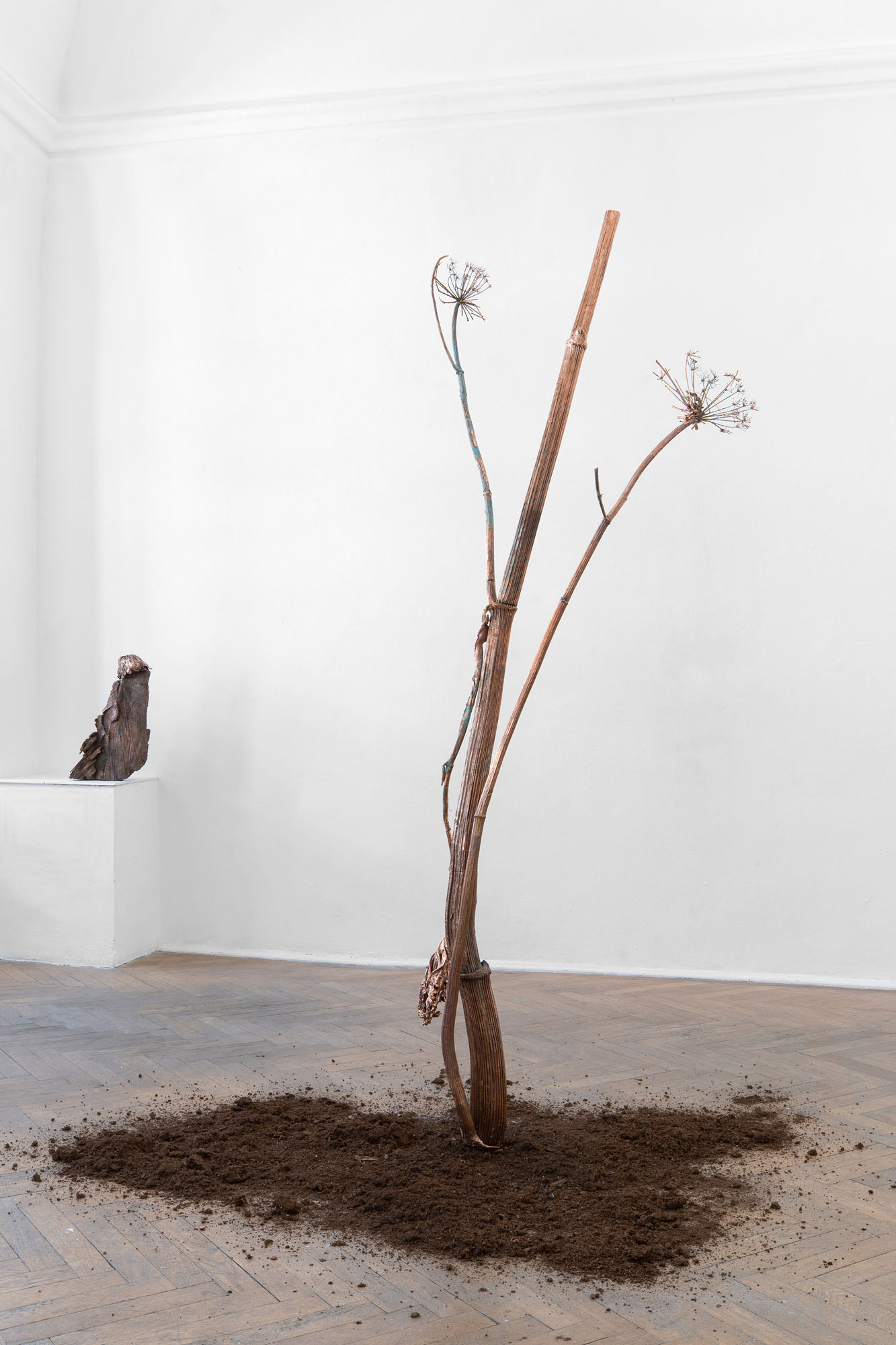
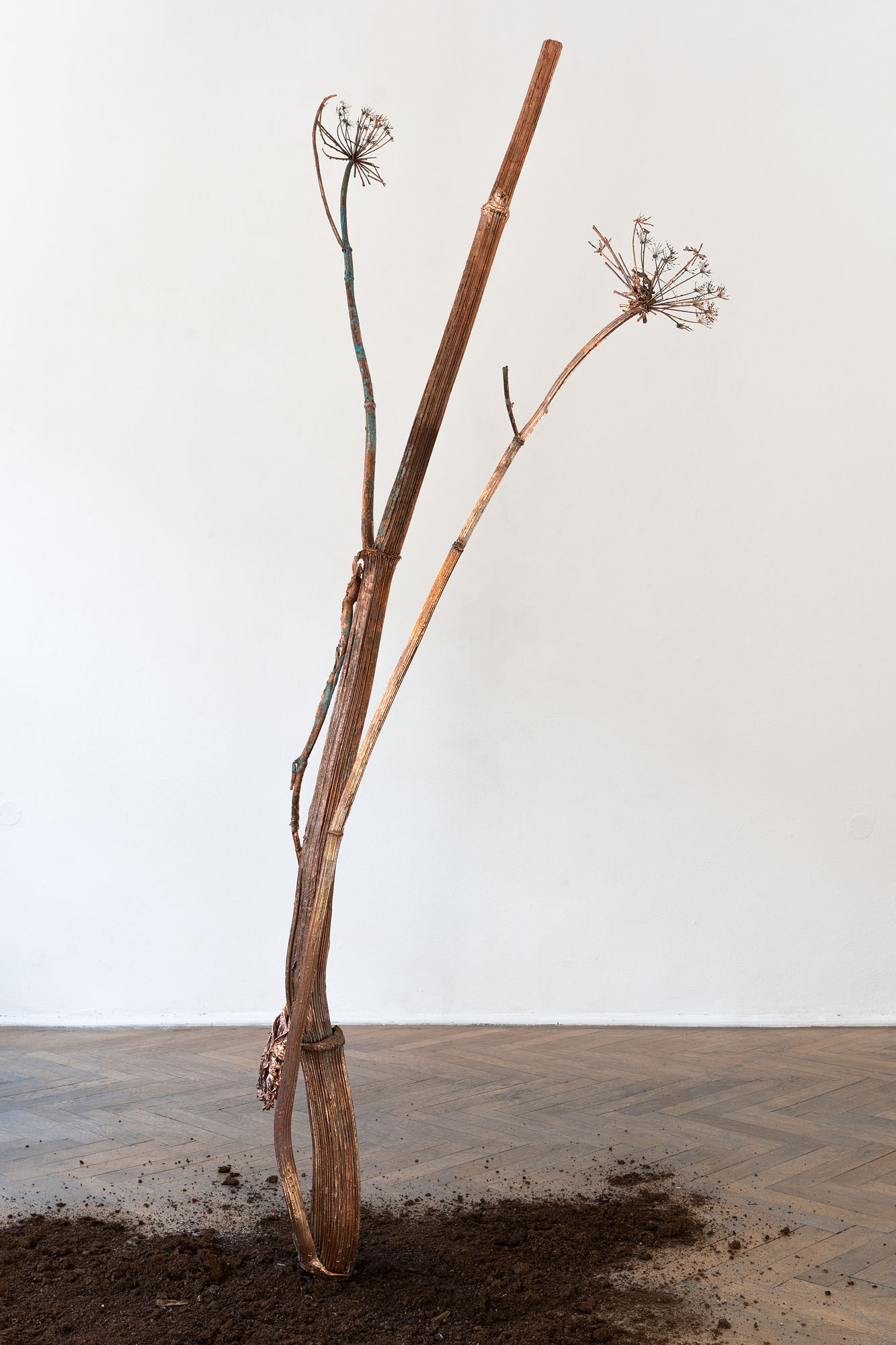
Farmakon
Adam Vačkář
Curated by Václav Janoščík
July 08 — August 27, 2021
The Garden
“The living conserves within itself a permanent activity of individuation. It is not only the result of individuation, like in the case of the crystal or the molecule, but it is the theatre of individuation.”
Gilbert Simondon
I haven’t always been like this. They used to tell me: you are a boy, adding that I had to apply myself more to my learning, that one day I’d be making money and I might even be happy. The world was supposed to be a tedious game about expedient decisions and investments. I never had any understanding for that view, but only very slowly did I gather the strength to resist, to slowly grow beyond the confines of the walls of identities, careers and stereotypes.
The giant Hogweed made its way to Europe from the Caucasus at the end of the nineteenth century when the aristocracy used it as an ornamental plant in their gardens. It rapidly outgrew their walls, becoming one of the most dangerous invasive plants in Europe.
Growing up entails going beyond the horizon of an environment while at the same time making use of precisely those possibilities that only it can offer – its affordance, ability to initiate, nourish, or on the contrary suppress and change our life processes. I can only provisionally differentiate between who I am and where I am from. To be foreign, to be at home, these are merely two moments of the processes of receiving, conflict, friction, absorbing, or something like incurring a burn injury, for example.
It is not only that we are conditioned by our milieu. The milieu itself is only born progressively, together with us, not only with the way we perceive it, but also how we create it and put strain it. We only become ourselves, specific beings, when we grasp ourselves and our milieu concretely, looking away from general categories (man, adult, organism, garden, Europe).
But it is not about the separation of myself and the external world, quite the contrary, becoming oneself means becoming different, means being in a relation. It seems that we can learn a lot more about that from plants, than we can from ourselves.
Pharmakon
“Psychological categories have become political categories (…) The cure of personal disorder depends more directly than before on the cure of the general disorder.” Herbert Marcuse
Masculinity, conspiracy theories, nationalism, but also inter-partner relationships and, on the other hand, political correctness, leftist ideas, or multiculturalism – all this nowadays tends to be labelled as toxic; as something that is not at first glance hostile, as something coming from outside; on the contrary, these are the attitudes and convictions of people around us; and yet even so they are something that is considered to be extremely harmful, something that spreads. Something that simply outgrew the luxurious gardens of our private selves and polluted public space like some invasive species.
Phármakon [φάρμακον] is an ancient Greek term for both medicine and poison, but also for a sacrificial lamb. In Plato’s dialogue the Phaedrus, phármakon refers to writing, since writing makes it easier to store knowledge away and thus leads to the destruction of the memory. Bernard Stiegler and his pharmacology, on the other hand, are trying to show that technology, including writing and other kinds of phármakon, are entirely necessary supports for social memory.
And yet today, gardens in particular are a place where people are returning. Whether we are motivated by ecology, an attempt to escape the confines of pandemic-related measures, or simply escape from the city and everydayness, the garden offers us a controlled space of nature, a universe within a universe, and order amid the framework of the chaos of all manner of metabolisms and unbridled growth. Front gardens, community or municipal agriculture, but also the popularity of Eastern spirituality, seem to offer a way to inject the personal into the public, calm into disorder, one’s own activity into society-wide issues.
Gardens are thus not just places offering escape, spaces for cultivation and problem-free activity, but also a metaphor for our concern about the world, or for a strange return to nature. Rather, the entire situation is turning inside out – while in earlier times nature was external to our Self, today it comes from the inside. While before we accepted all manner of outside species in our private little gardens, today we export our highly cultivated plants back into the public milieu in the form of the politics of identities.
Our relationship with society is thus not a process of making connections, sharing, identifying with something, experimenting and learning what is new, but more one of the spreading viewpoints and the affirmation of already fully determined identifications. Precisely this kind of policy can be taken as being invasive. Not necessarily because it might harbour bad views and intentions, but rather precisely because it defends the open, constant individuation through which we finally become who we really are.
Capitalism
“Nature is man’s inorganic body – nature, that is, in so far as it is not itself human body. Man lives on nature – means that nature is his body, with which he must remain in continuous interchange if he is not to die. That man’s physical and spiritual life is linked to nature means simply that nature is linked to itself, for man is a part of nature.” Karl Marx
Today’s return to nature must therefore be a return to our own Selves. The solution to our problems, whether they take the form of an environmental disaster or a crisis of social consensus, must be based on, and work through, the given problem itself. It needs to use technologies, as well as communication and viral channels, but also what we still call – for want of a better word – capitalism.
Capitalism is generally considered to be an economic system where value is essentially determined by the market and commercial exchange. Such a system consists of a society of rationally informed actors, acting in their own interest. These and many other ideas are more than ever part of the ruling political order, as well as a target of stinging criticism from many, highly diverse places.
After capitalism has achieved a maximum level in terms of acquiring raw materials from external nature and the fruits of labour from our private gardens, it is now also looking to our own identities as a means and impulse for its circulation. It is no longer only about the sale of products or services, but rather – more and more – it is our own various Selves and desires that are on the market.
When I buy my new trainers, I do so while considering a complex network of meanings that they may evoke in me, and/or in my surroundings. In the same way, political elections and decisions are less and less about policy agenda and are increasingly driven by the possibility of uniting the identity of people who find it more and more complicated to even mutually identify one another.
I hope that nature, gardens and plants (whether seen in terms of poison or medicine, victimisation, or heroism) are not only metaphors, but offer real ways of existing from which we must learn. Today above all, when we are trying to glide over the pandemic situation and associated crisis measures and attempting to “return to normality”, we need to find not only our own little gardens and identities, but rather passages, field woods and shrubbery, the public space. At the same time, it is not about convincing anyone, or looking for an ideal, a universal consensus; on the contrary, it is about the ability not to agree with each other, yet even so be able to come to an agreement on a solution of the most burning problems and the cultivation of various kinds of plants, and outlooks on life.
— Václav Jánoščík, 2021


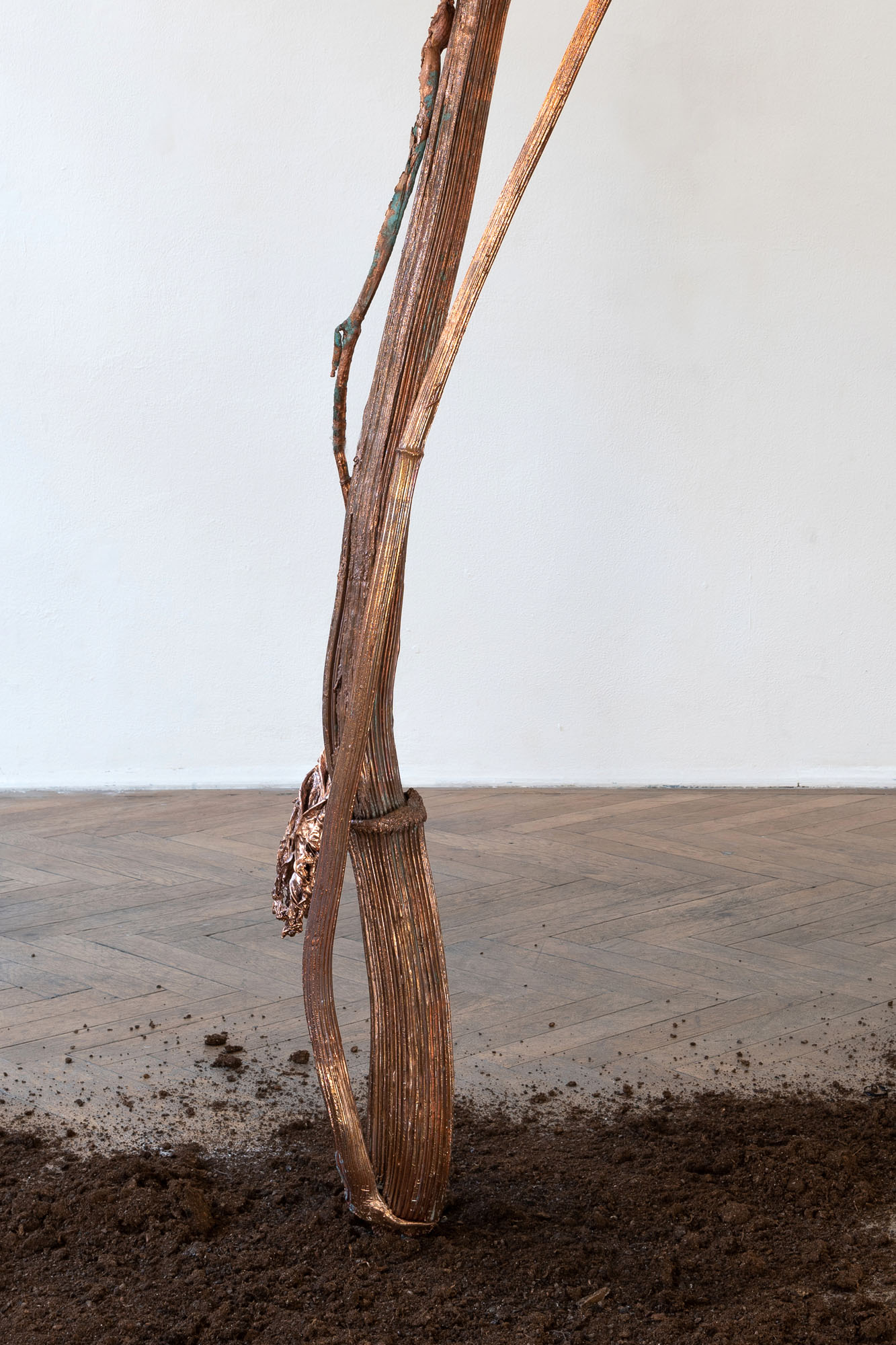
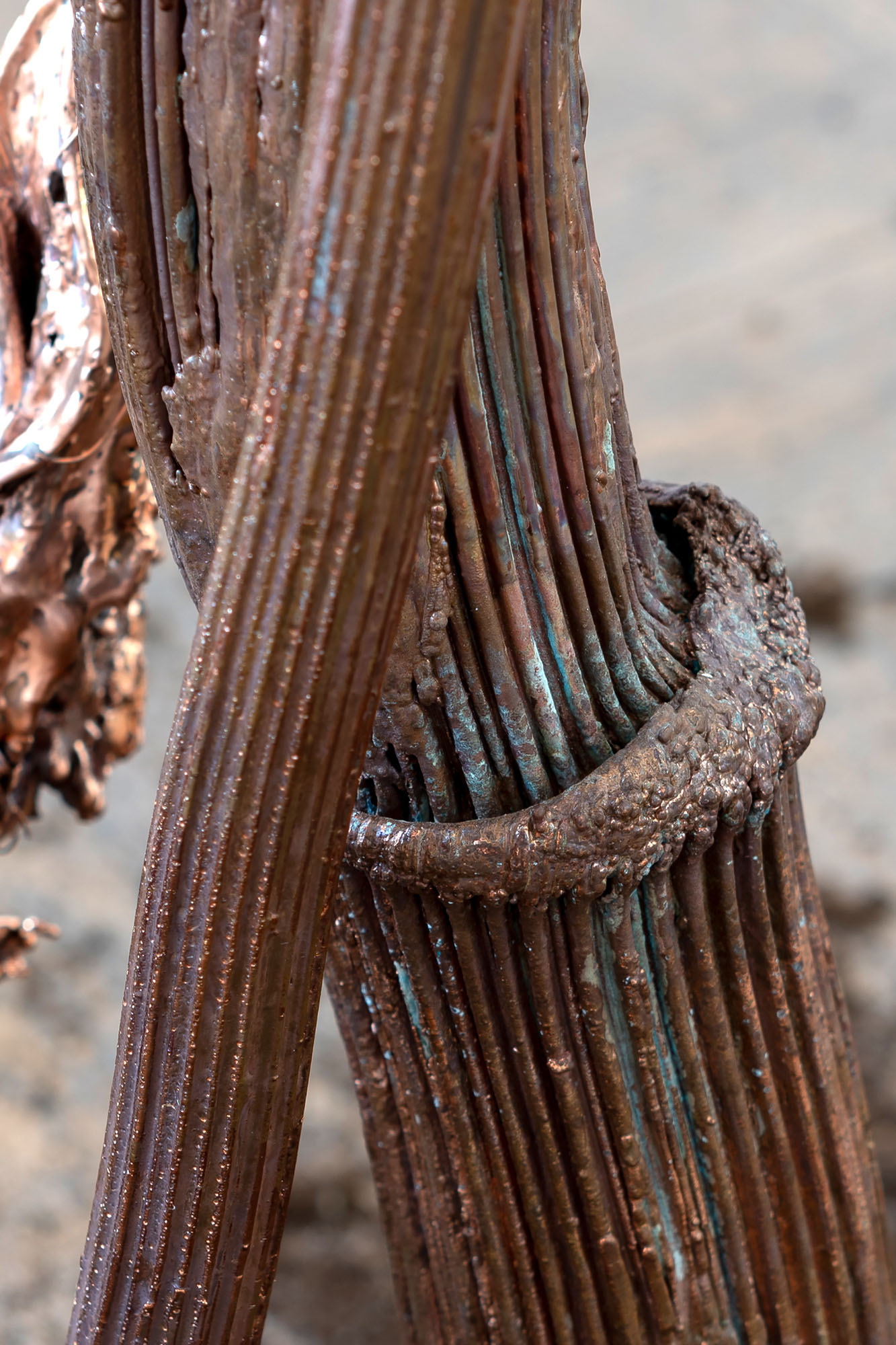
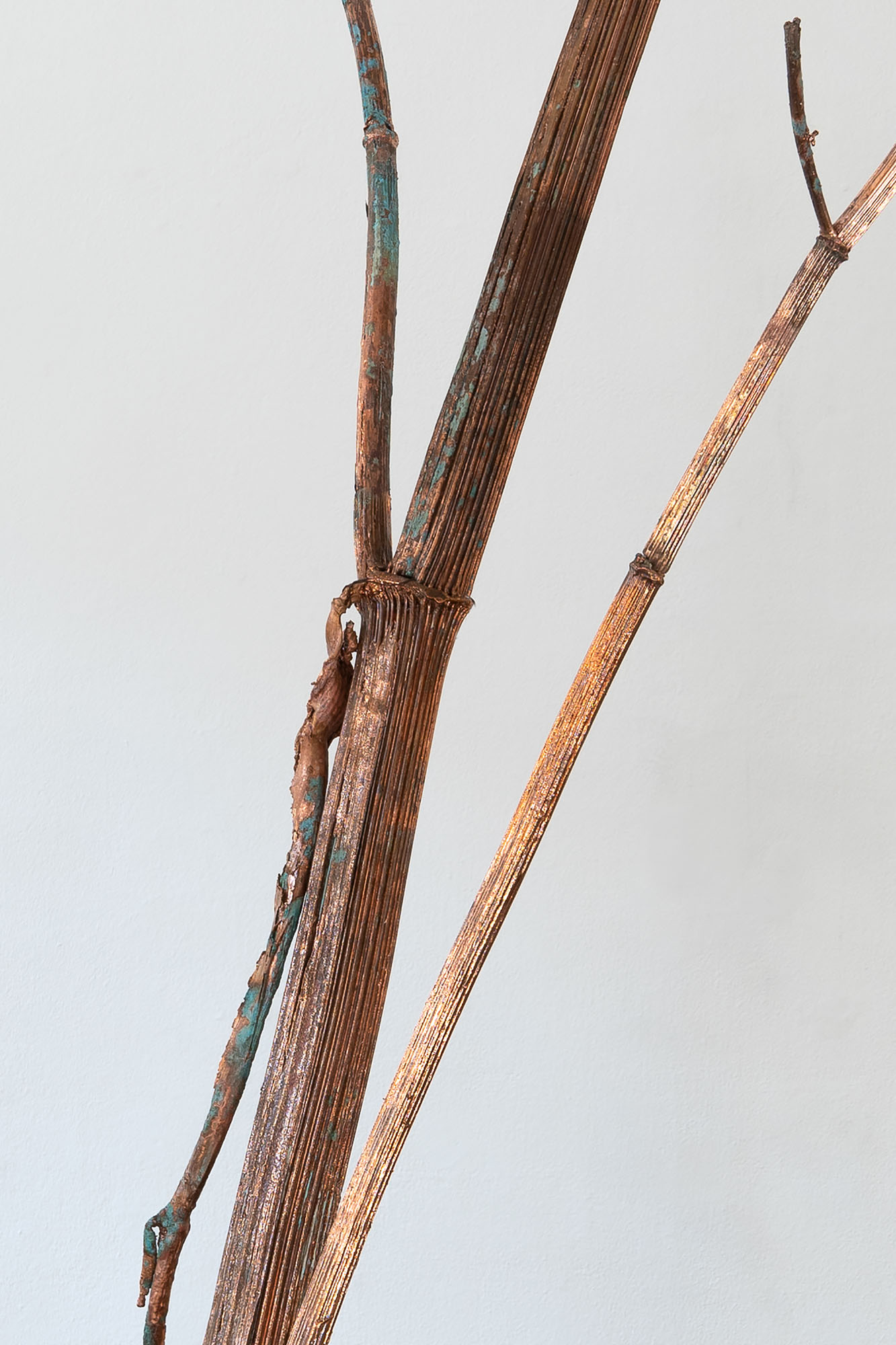
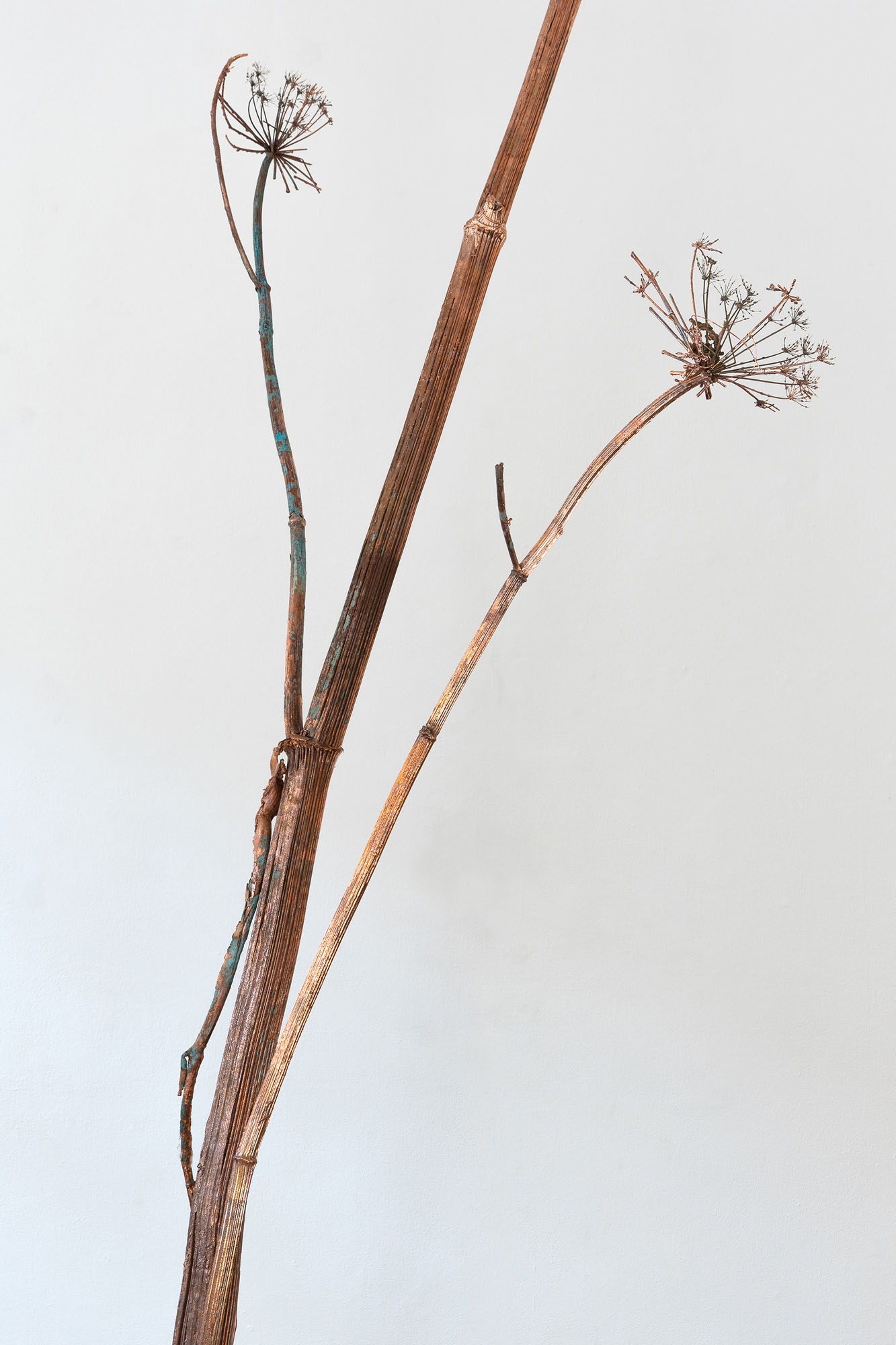
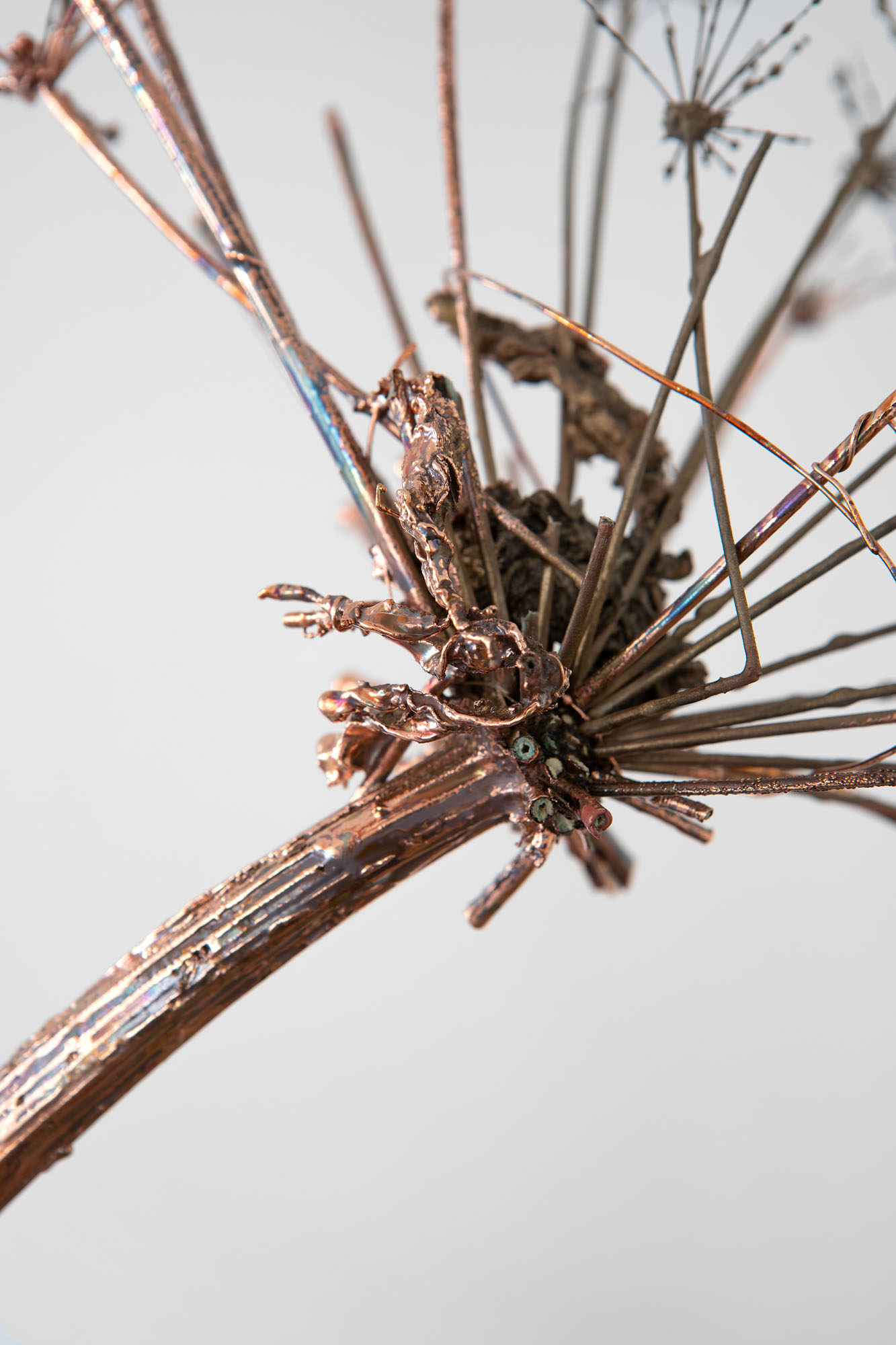
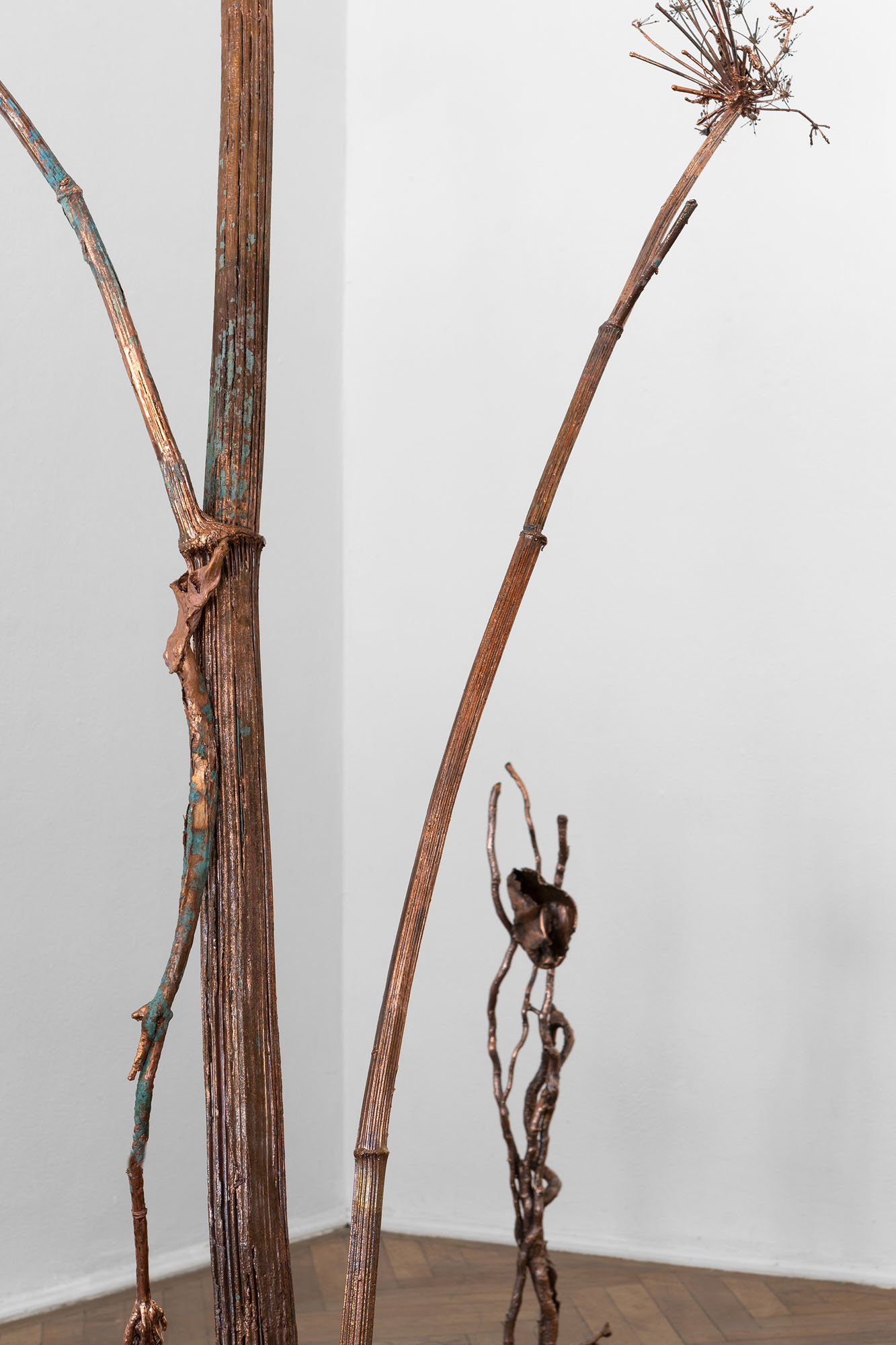
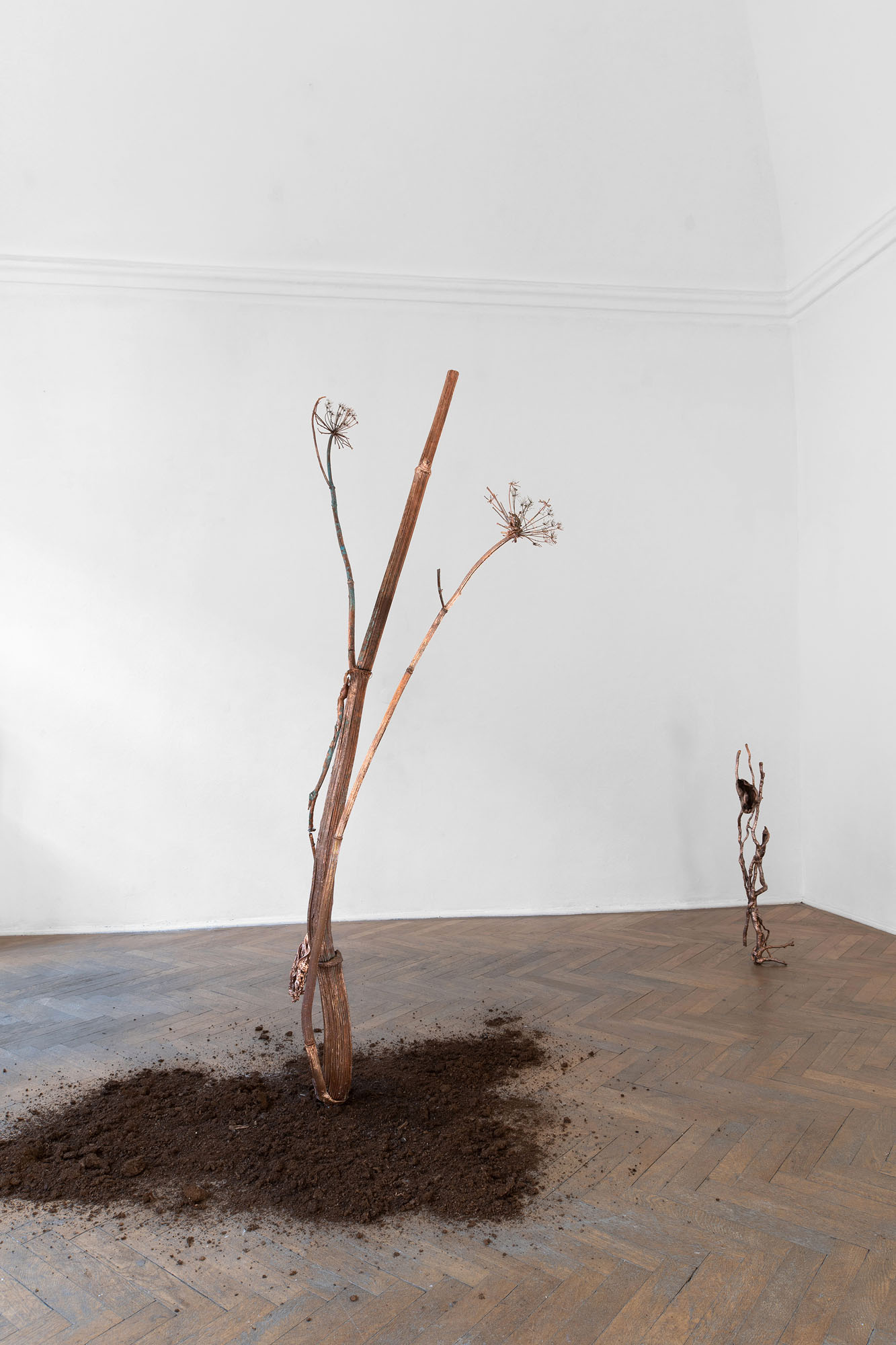
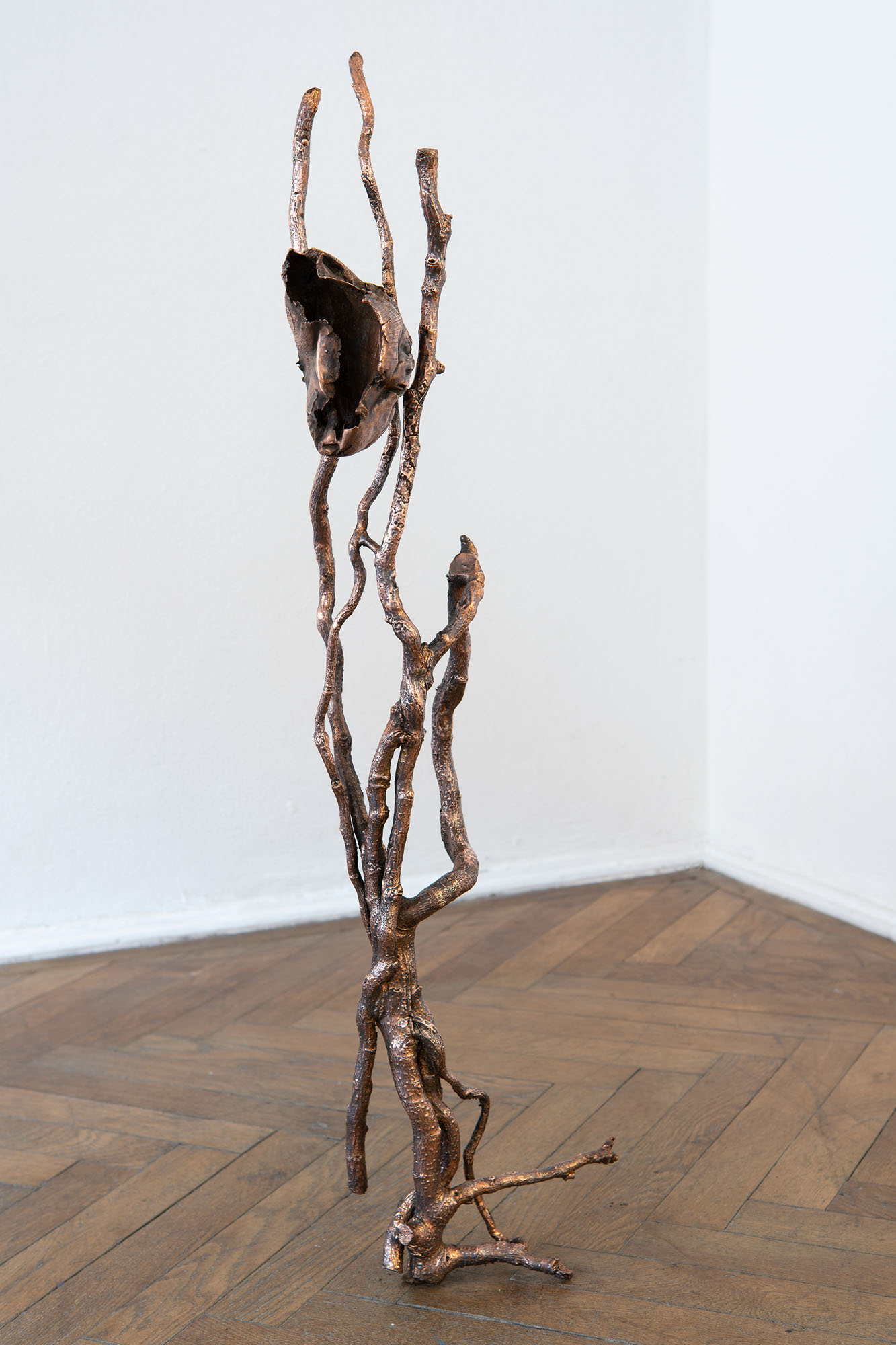
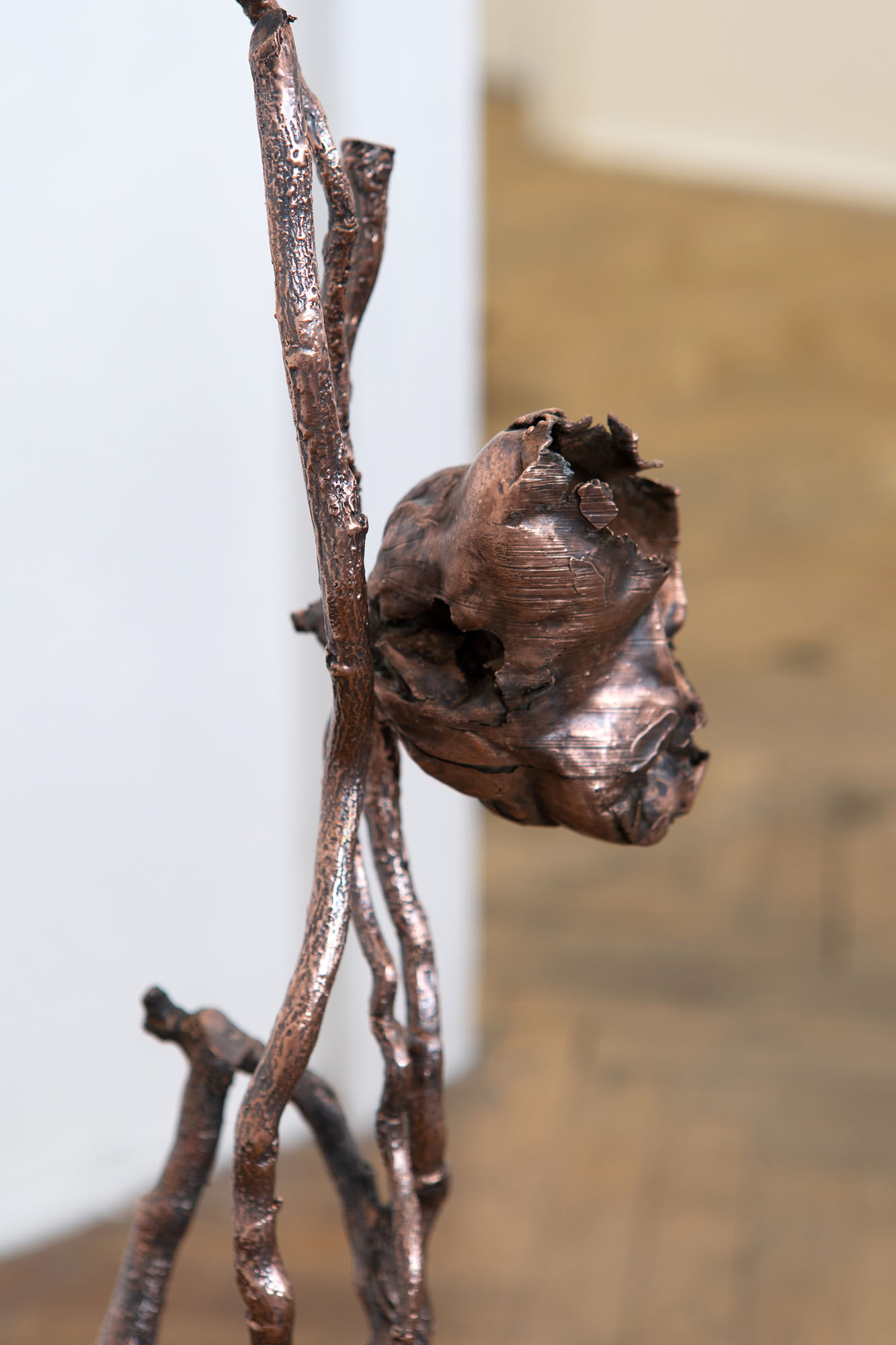
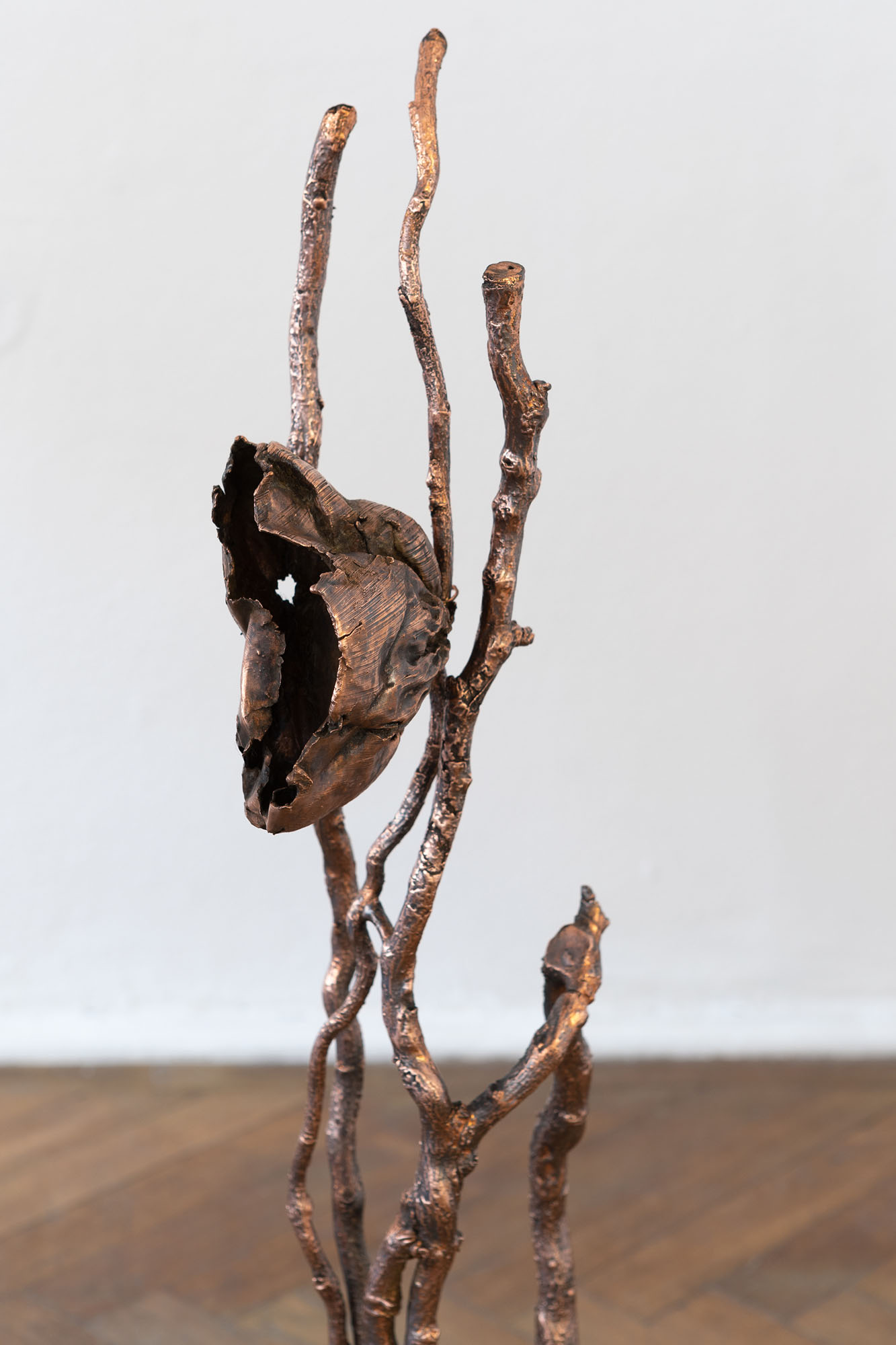
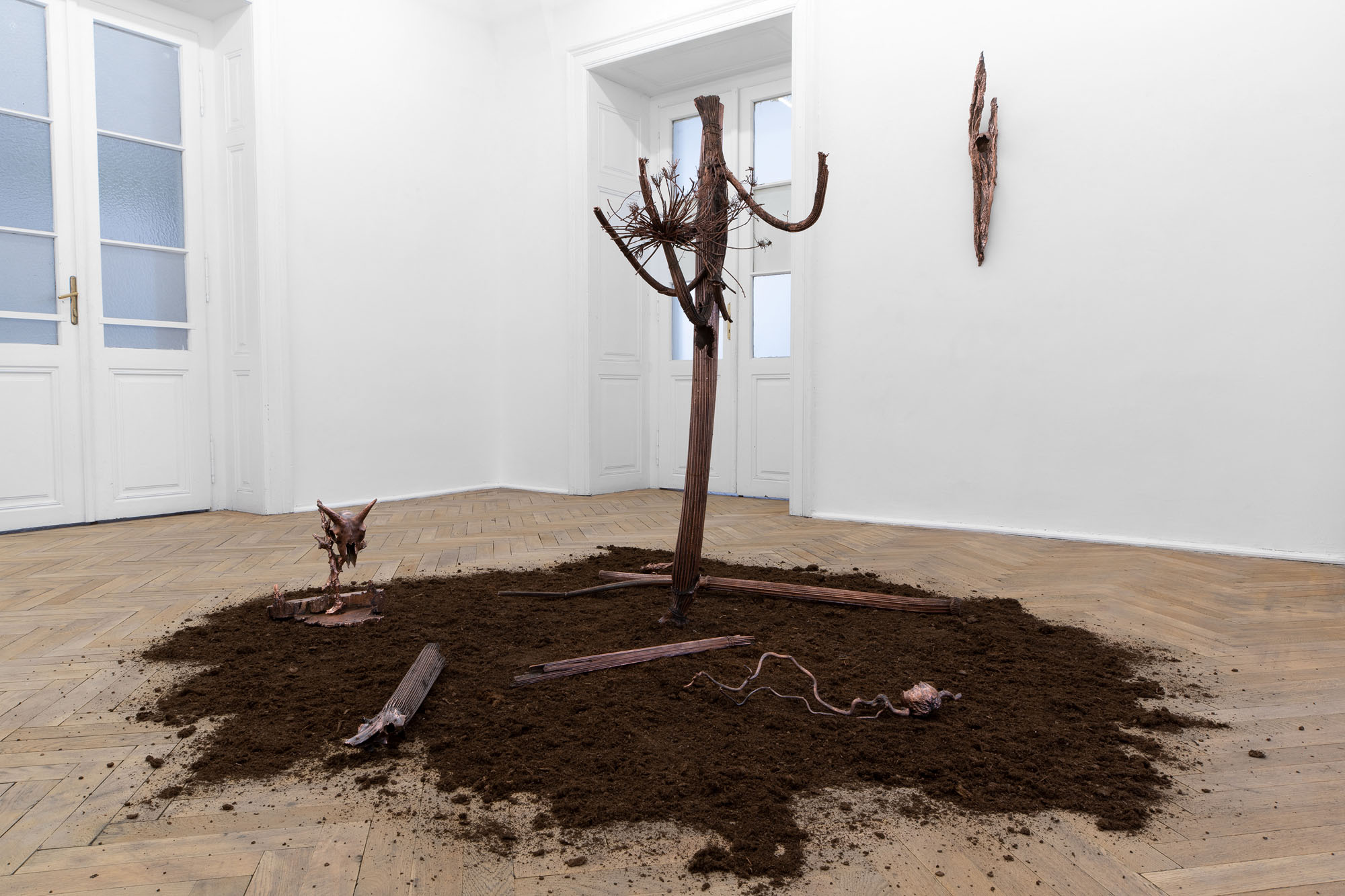
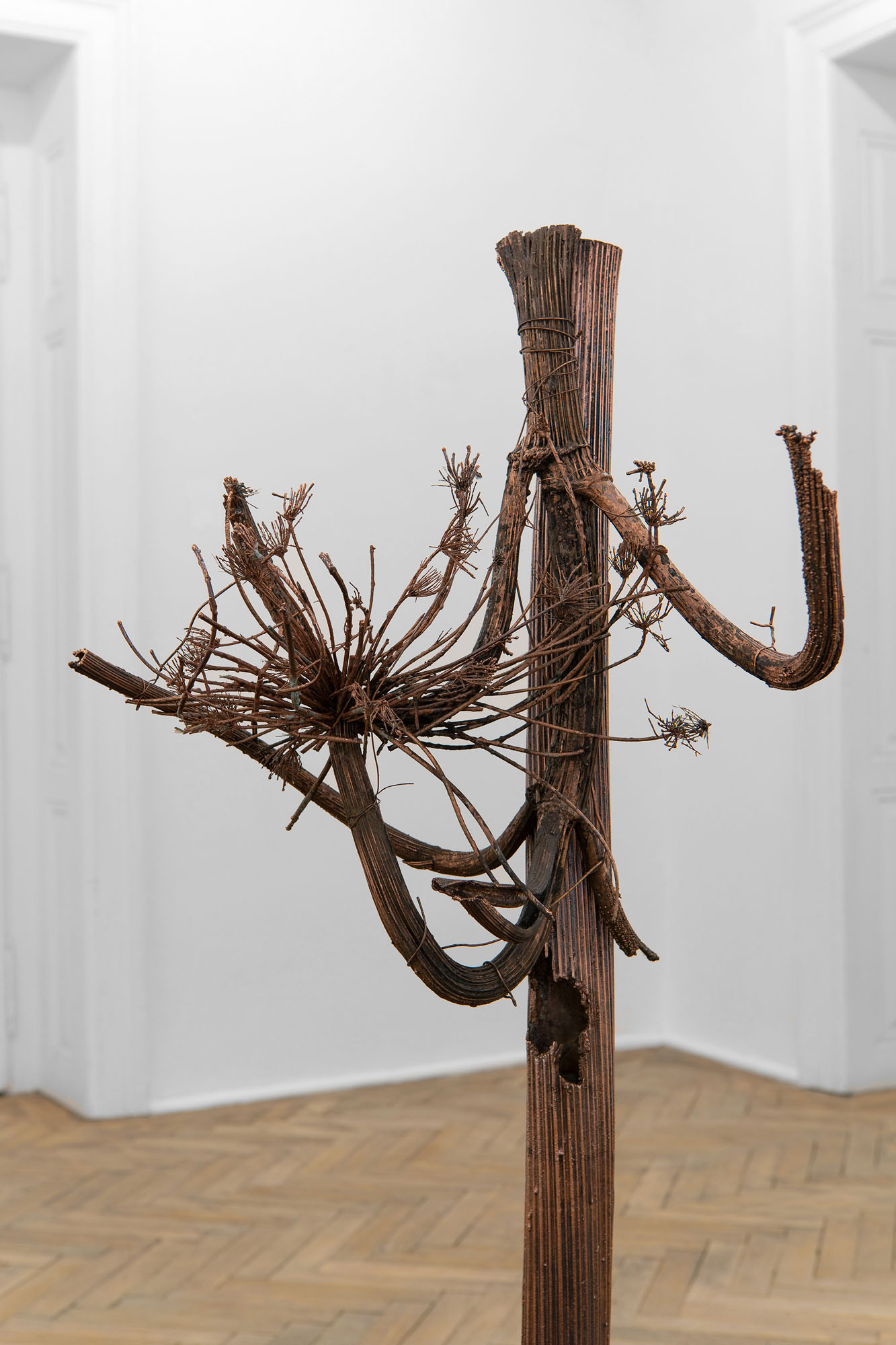
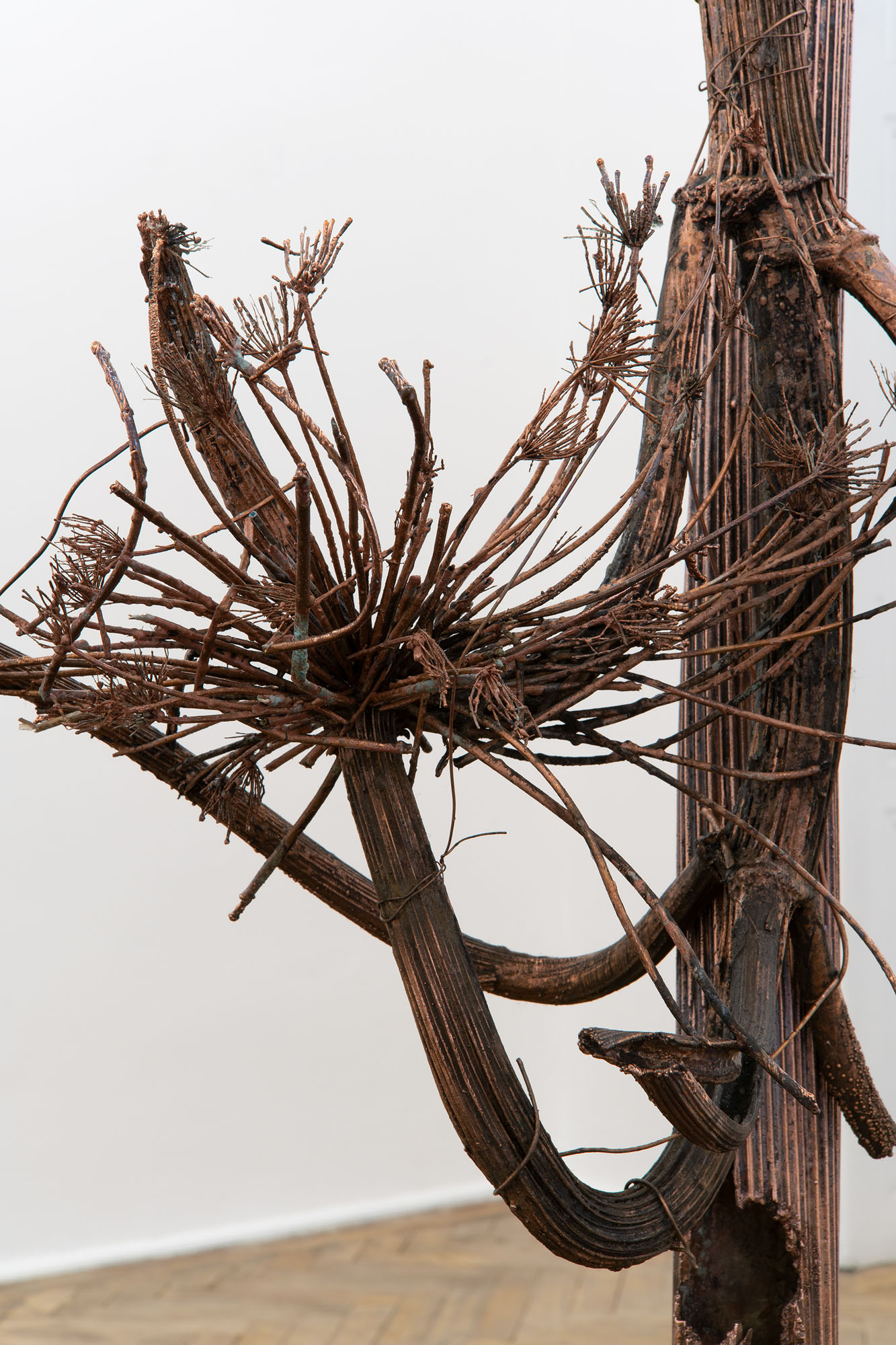
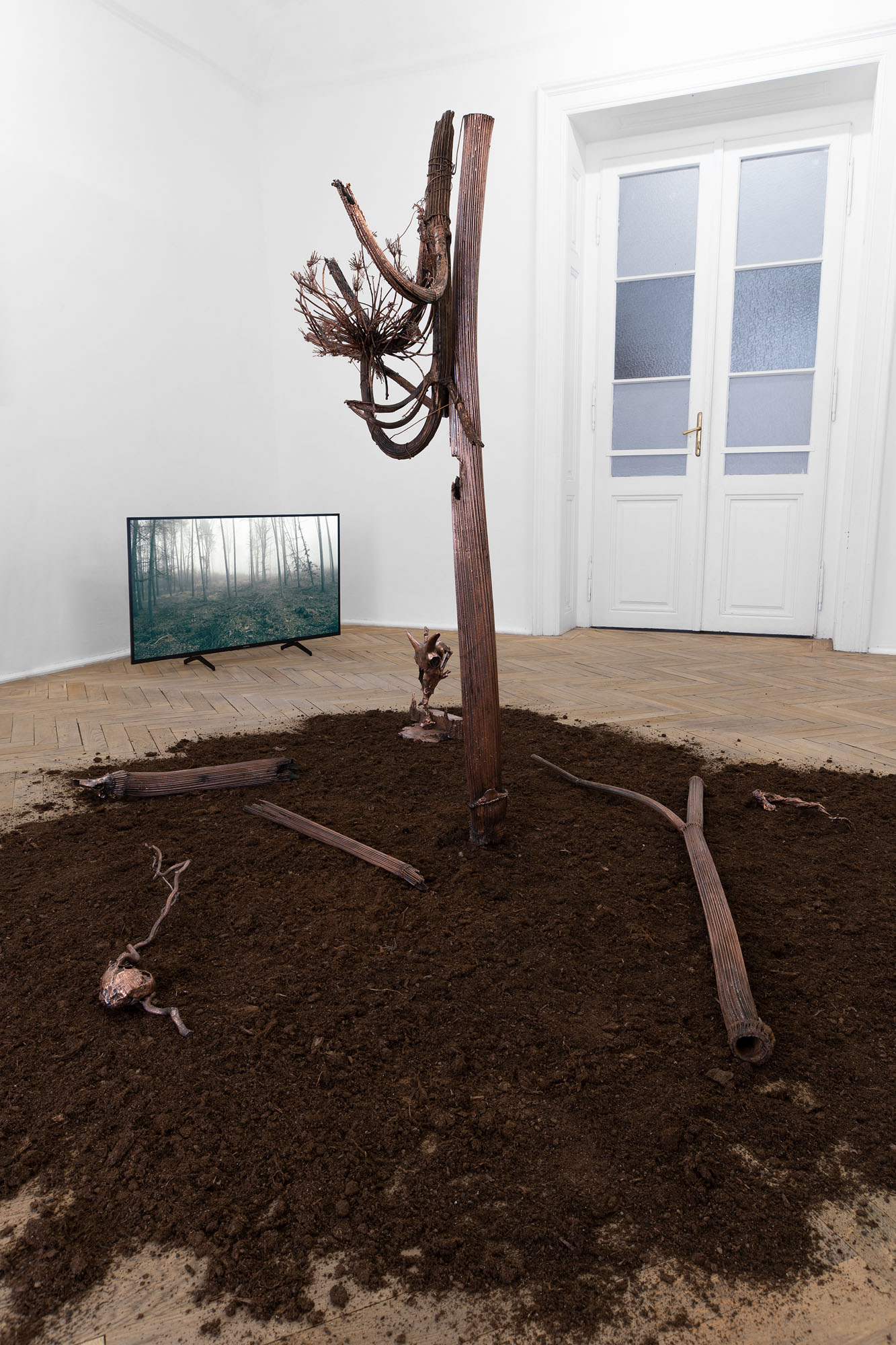
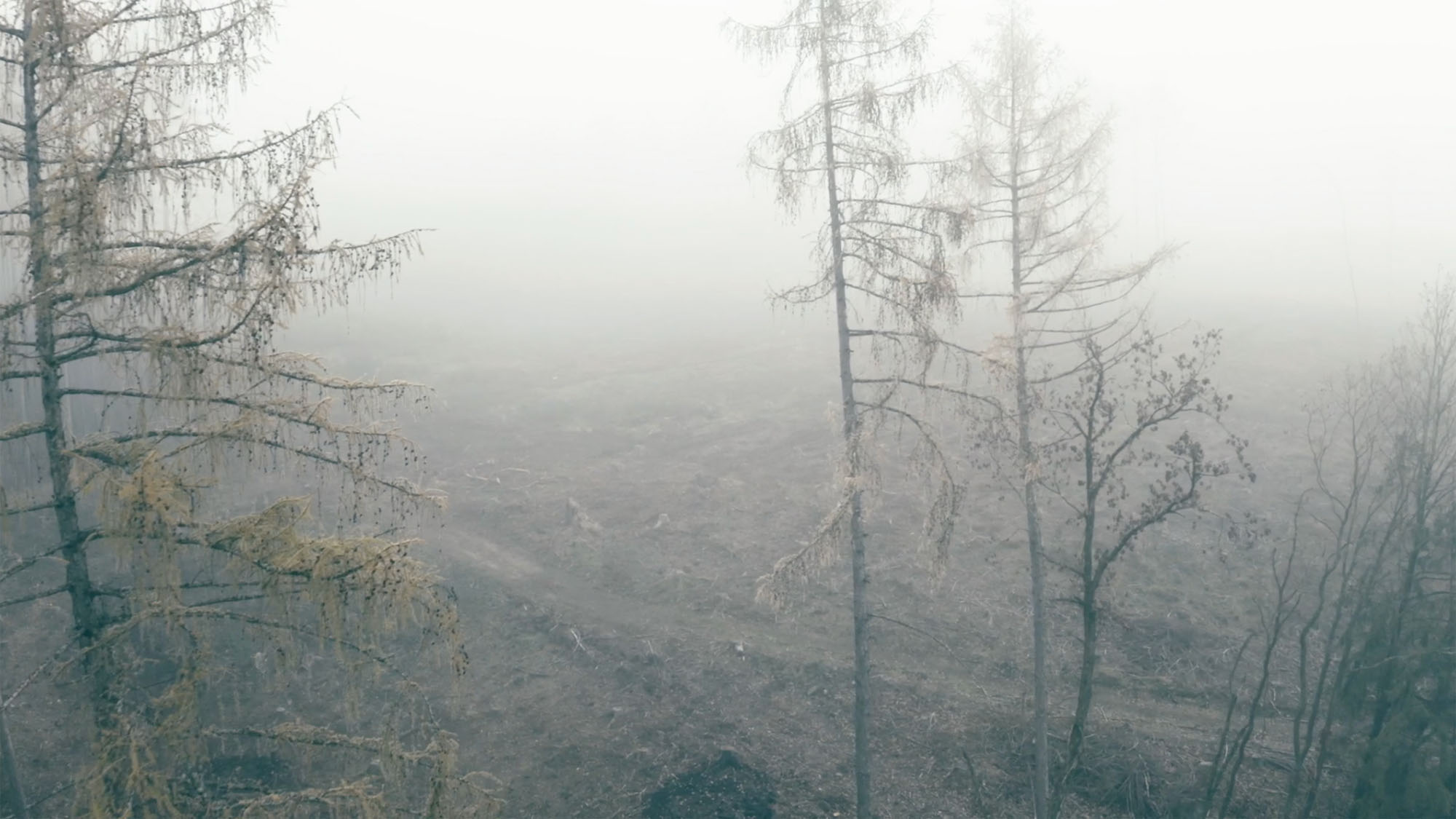
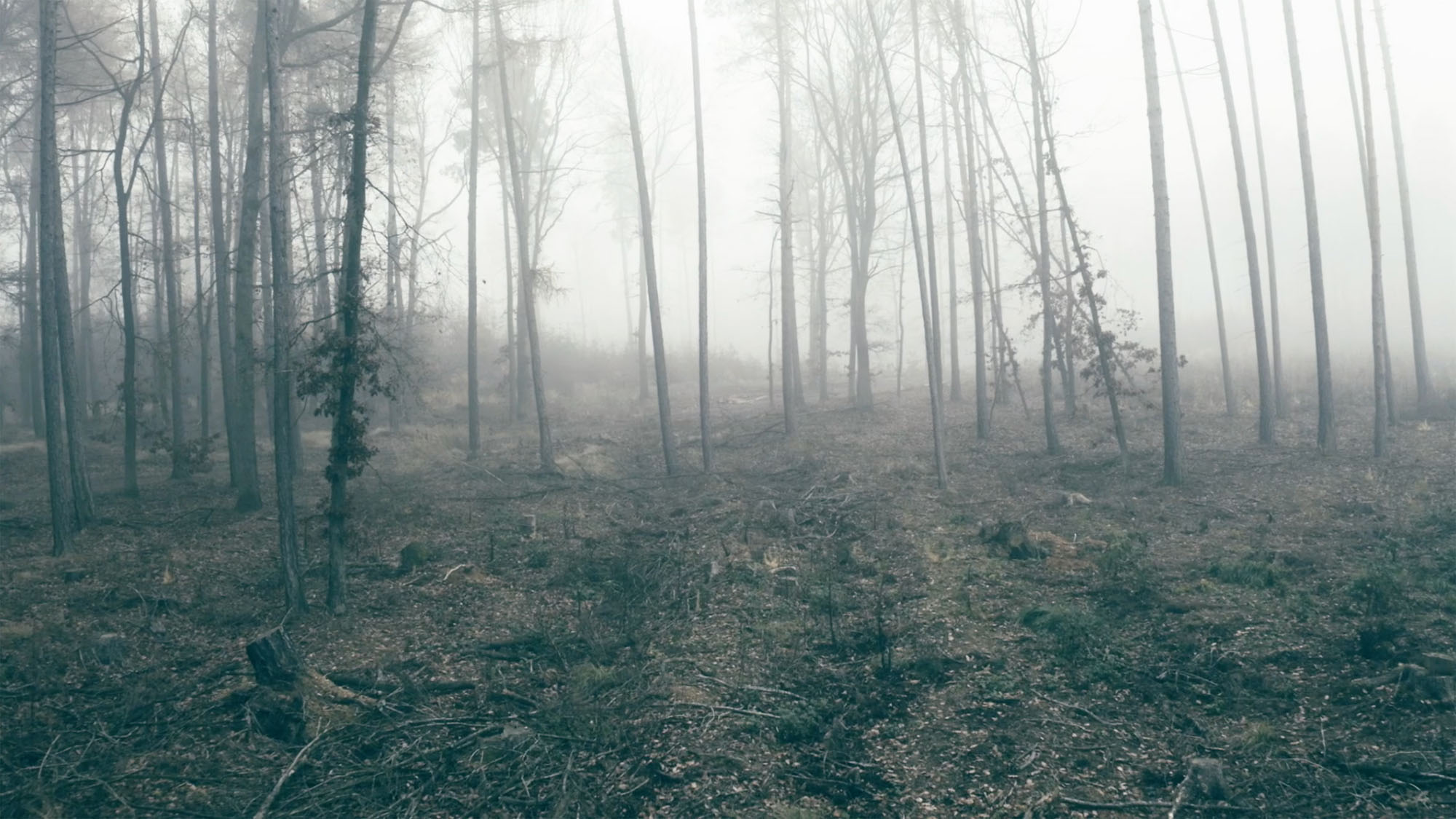
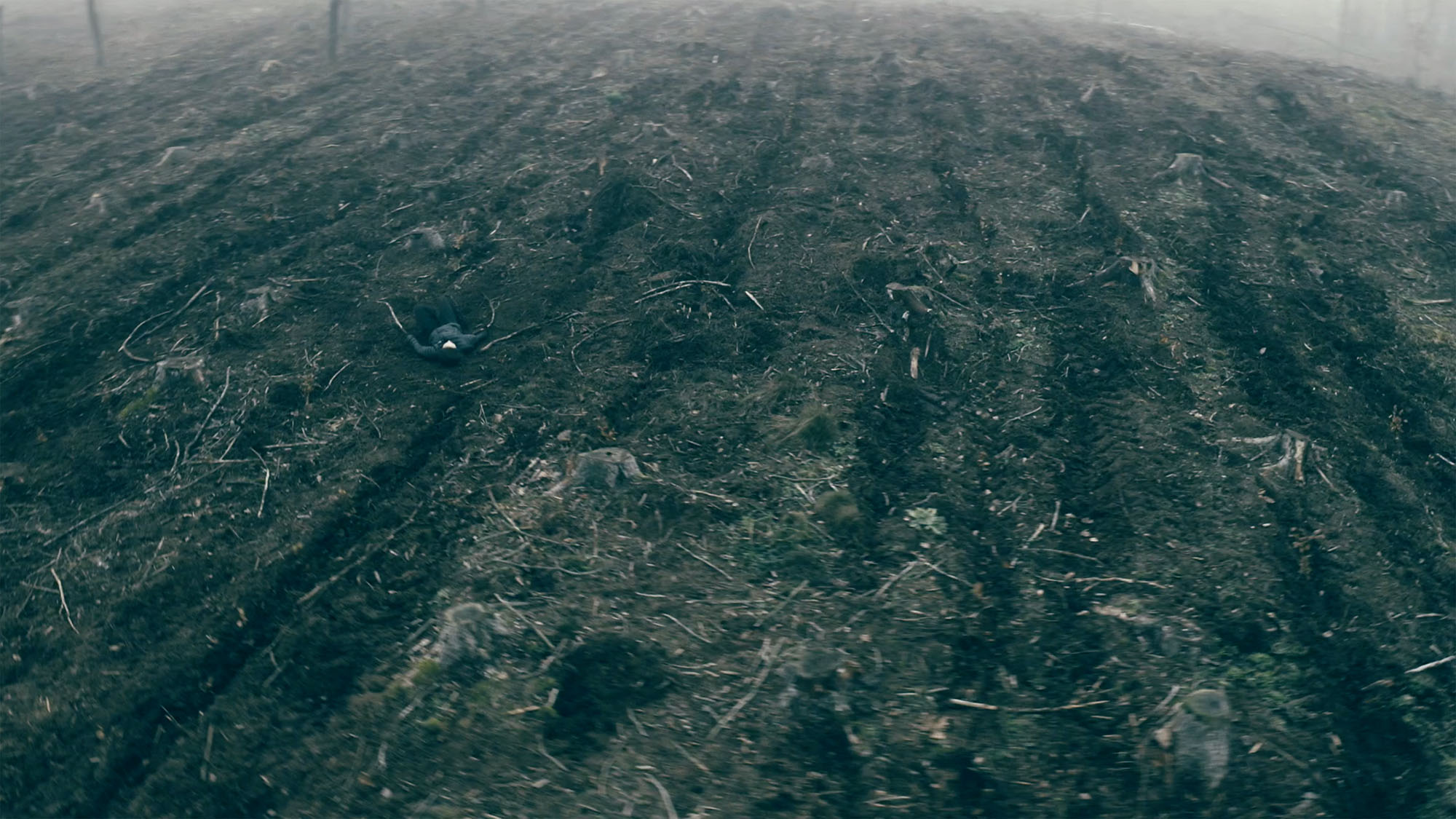
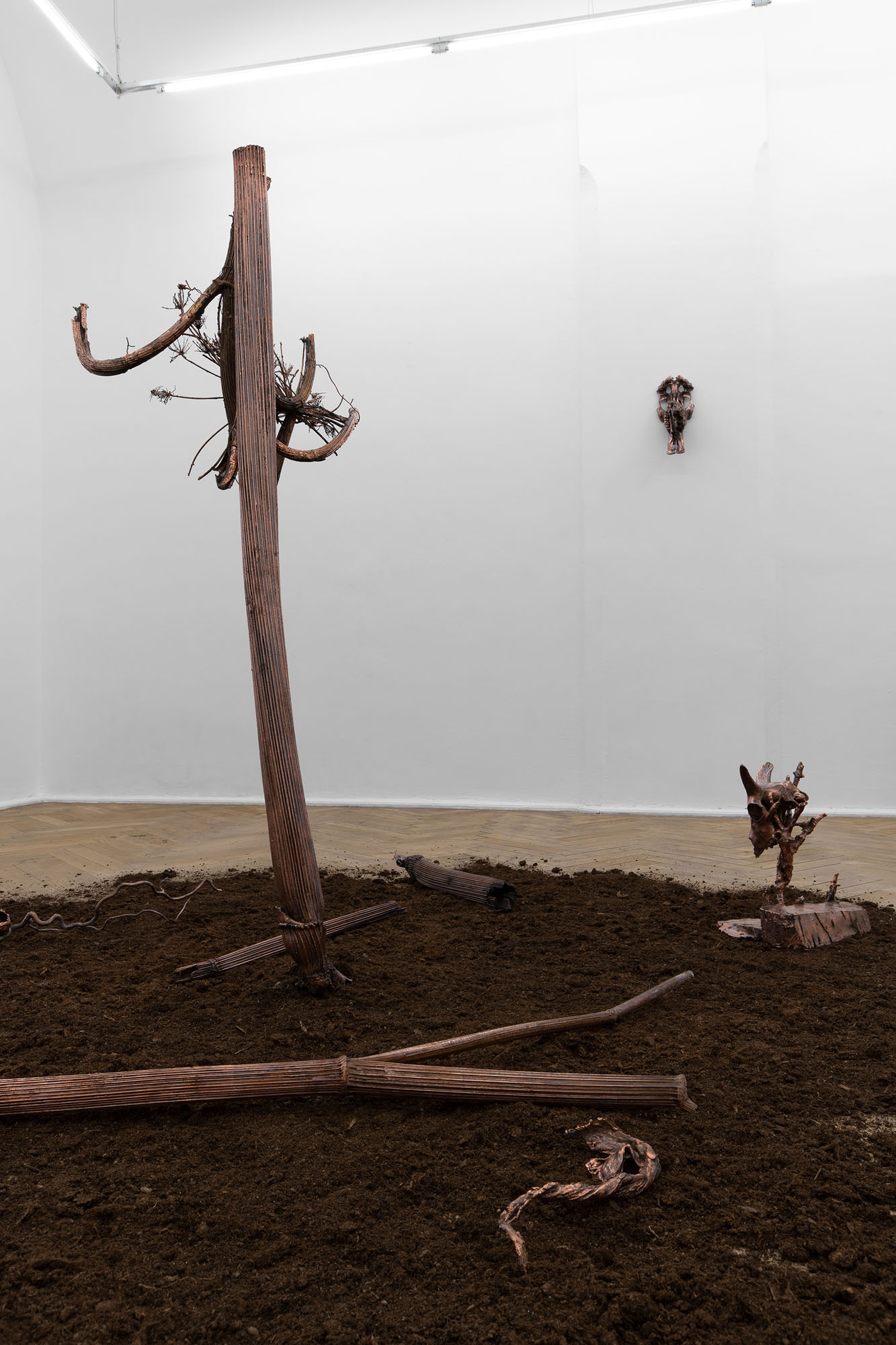
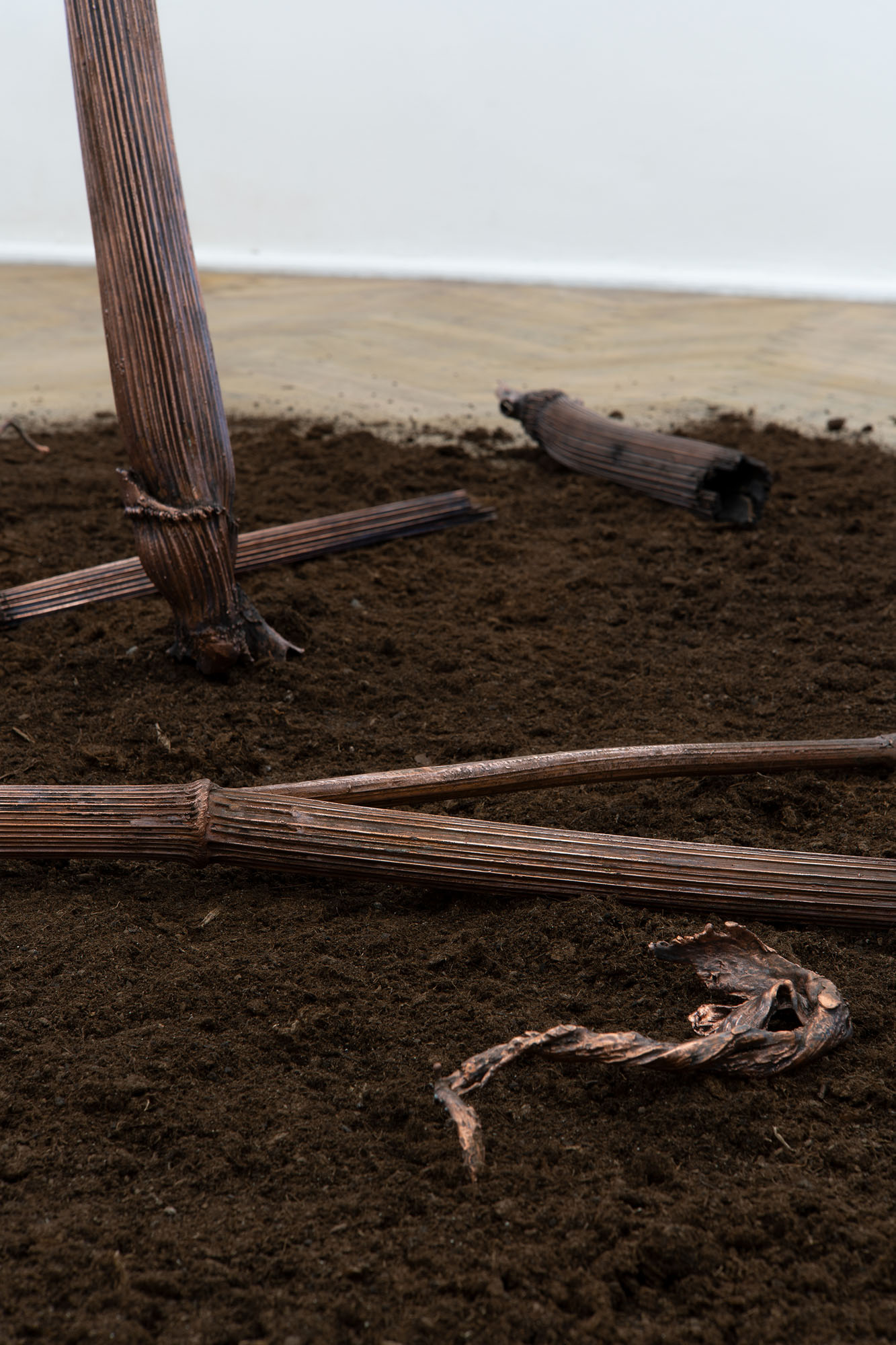
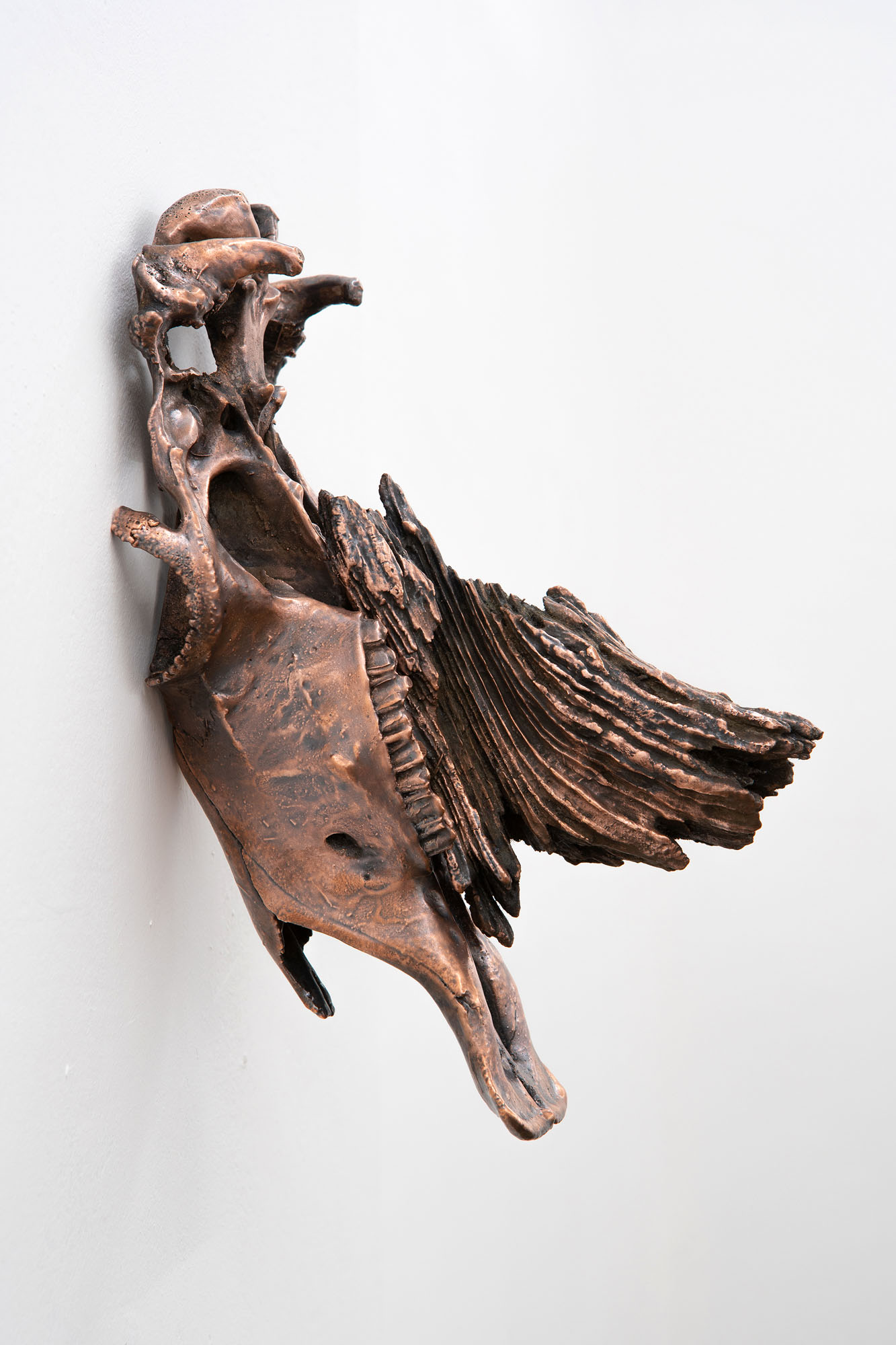
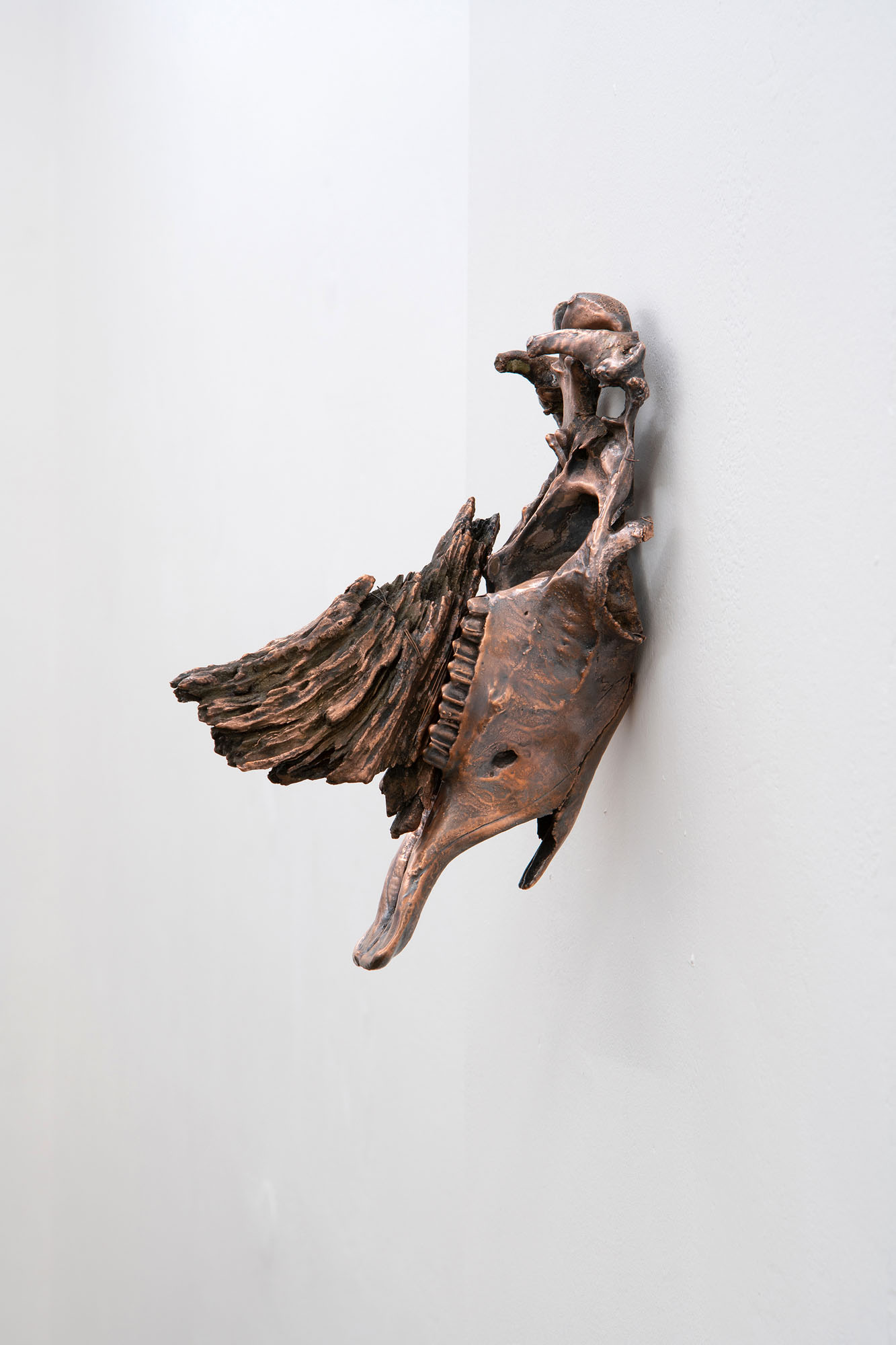
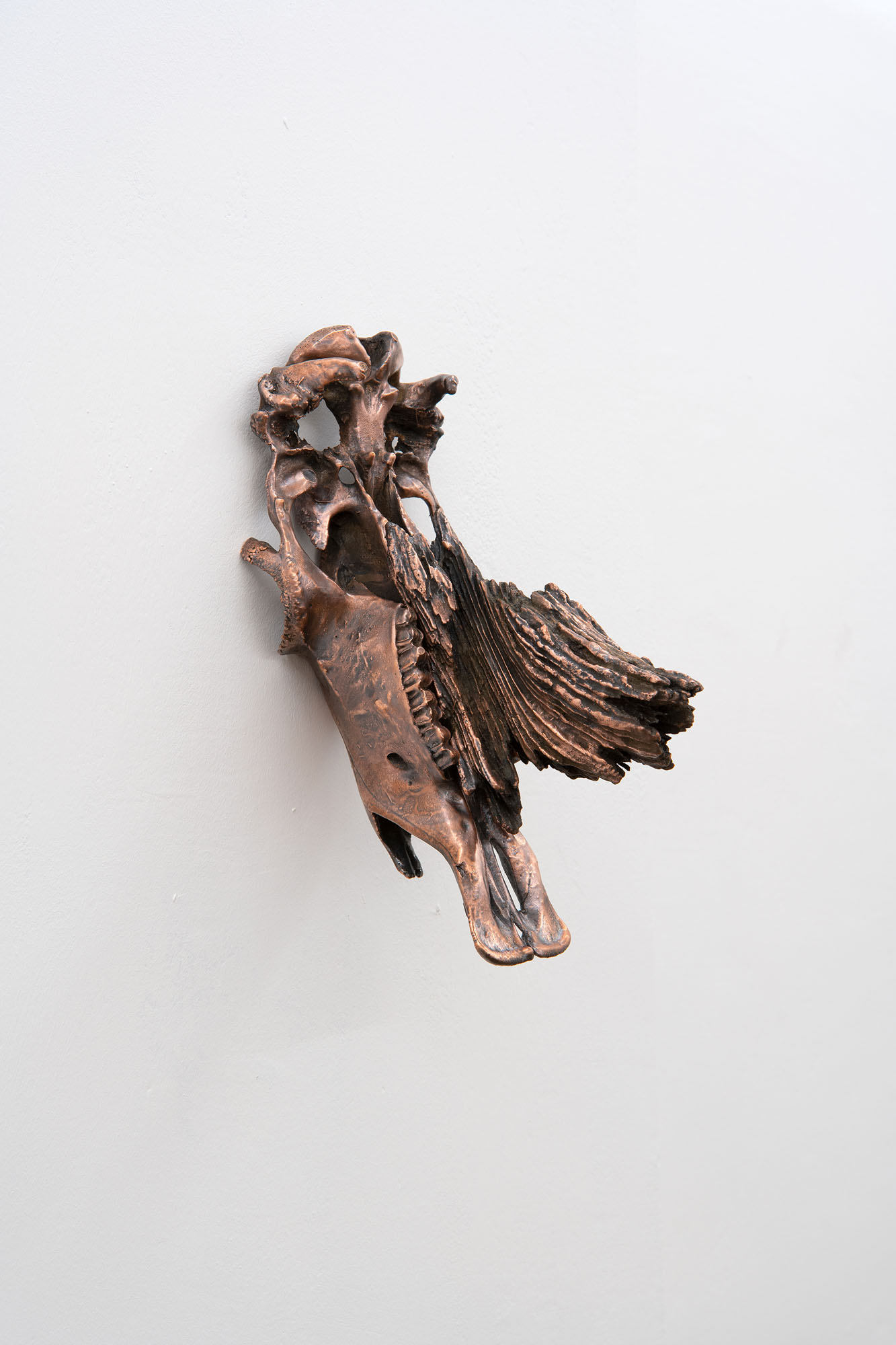
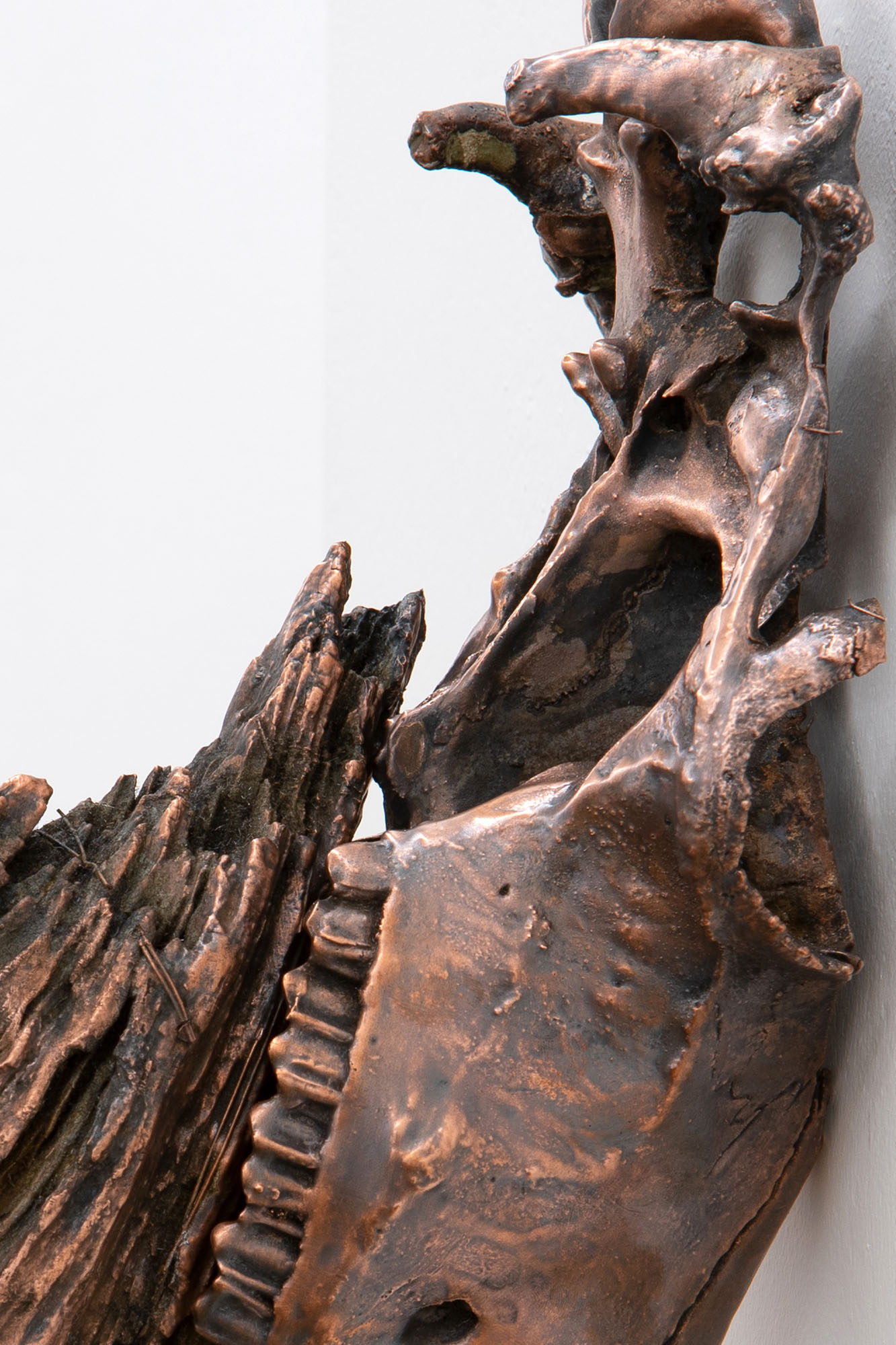
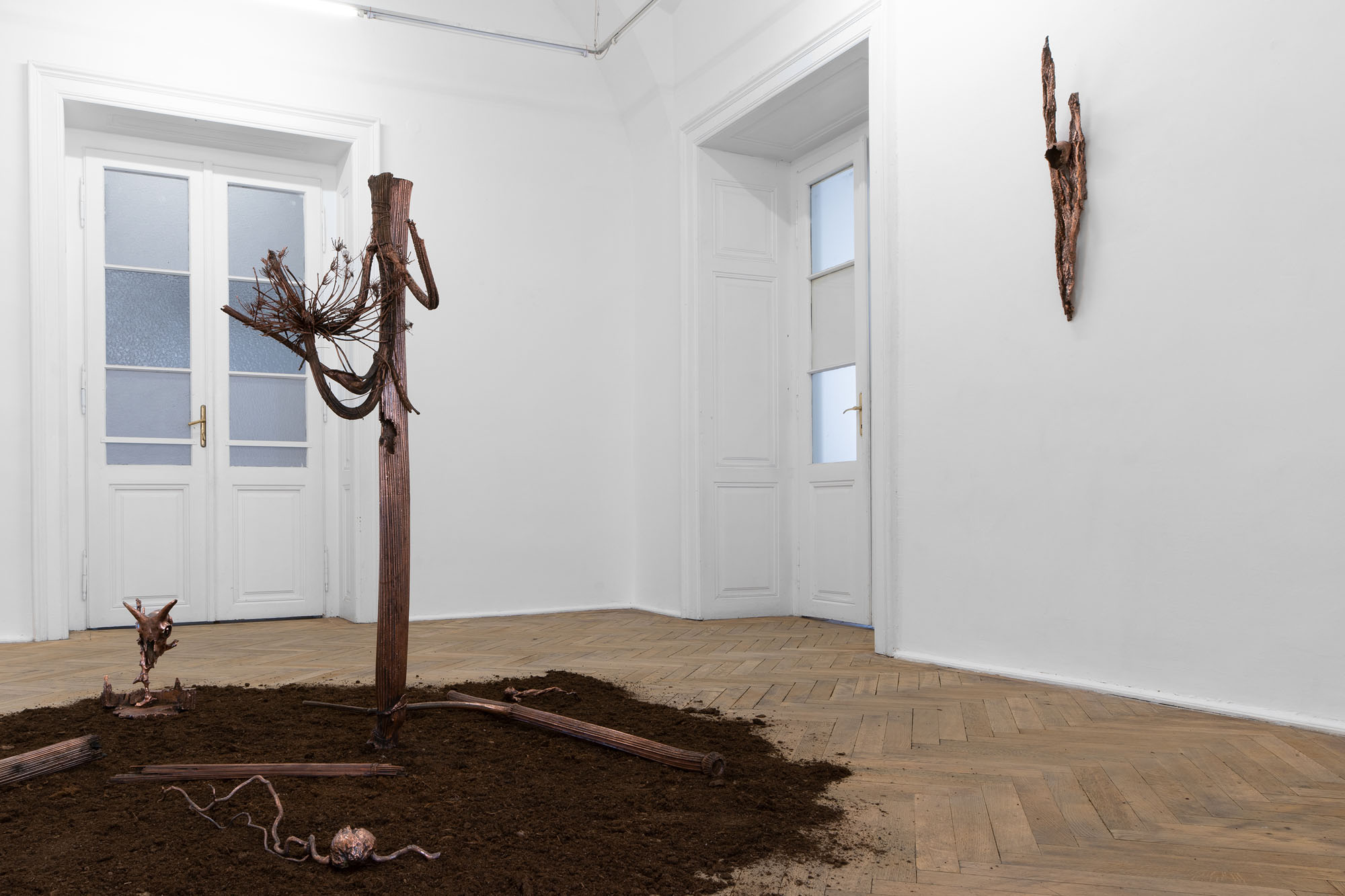
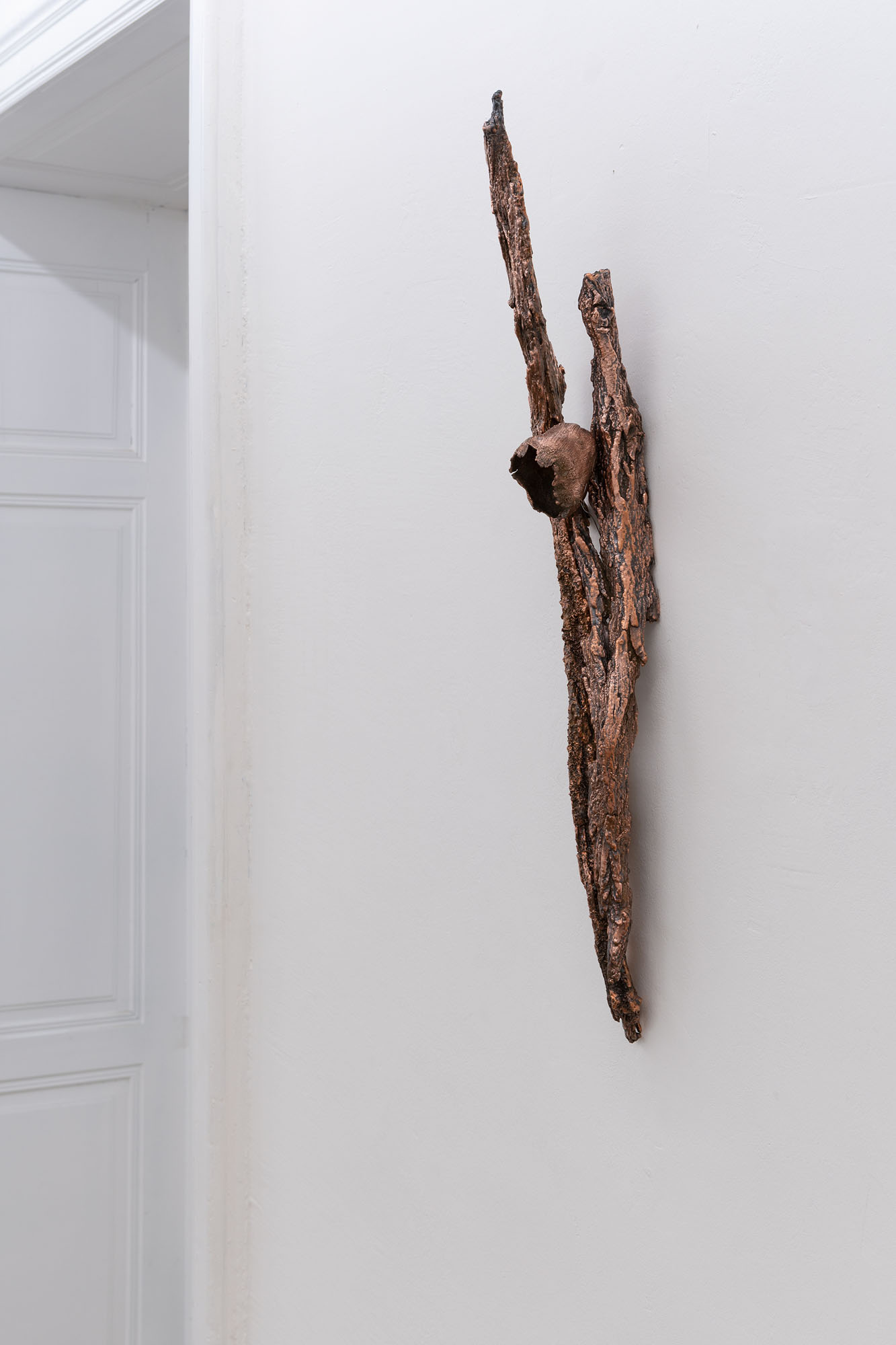
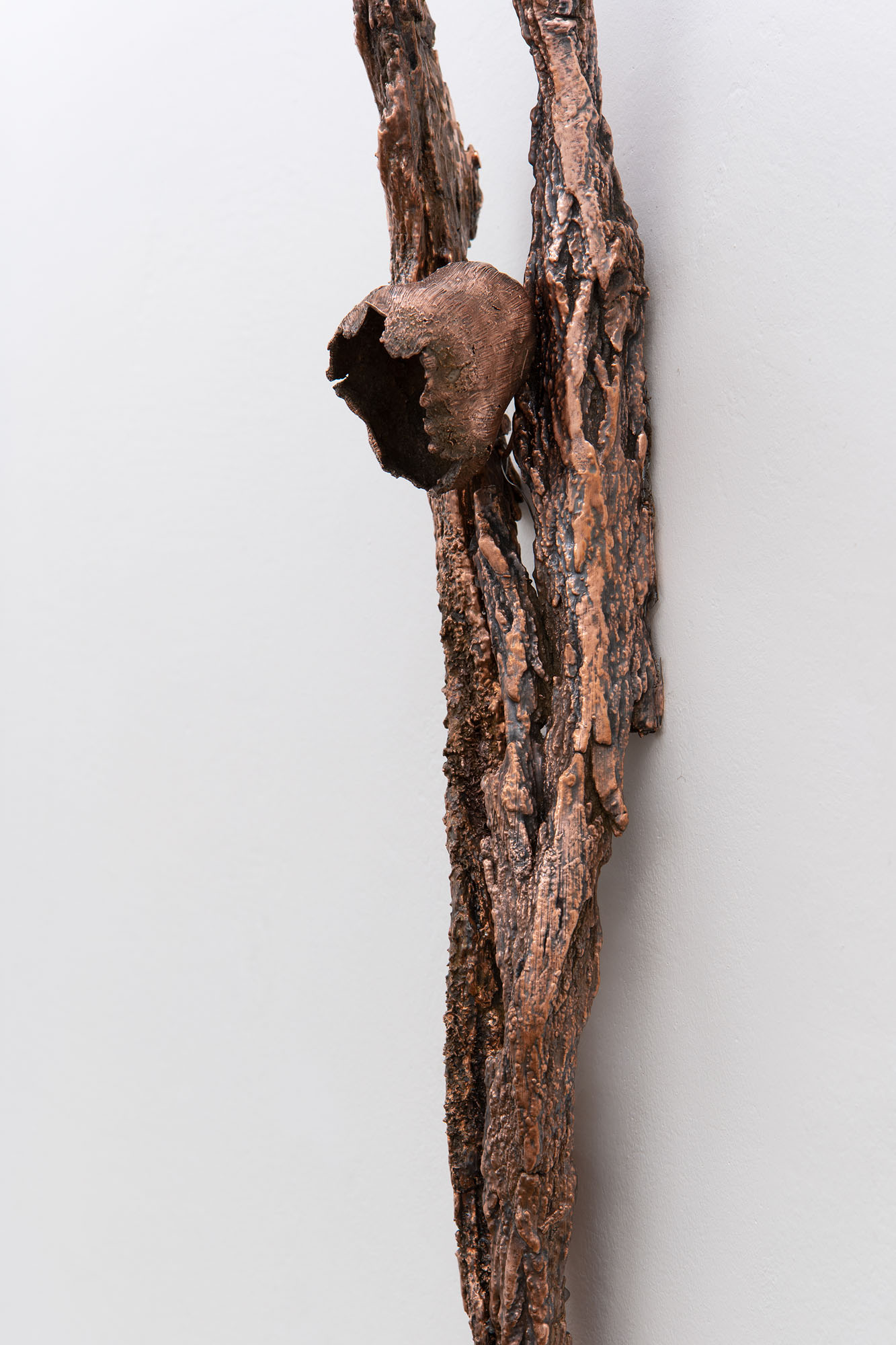
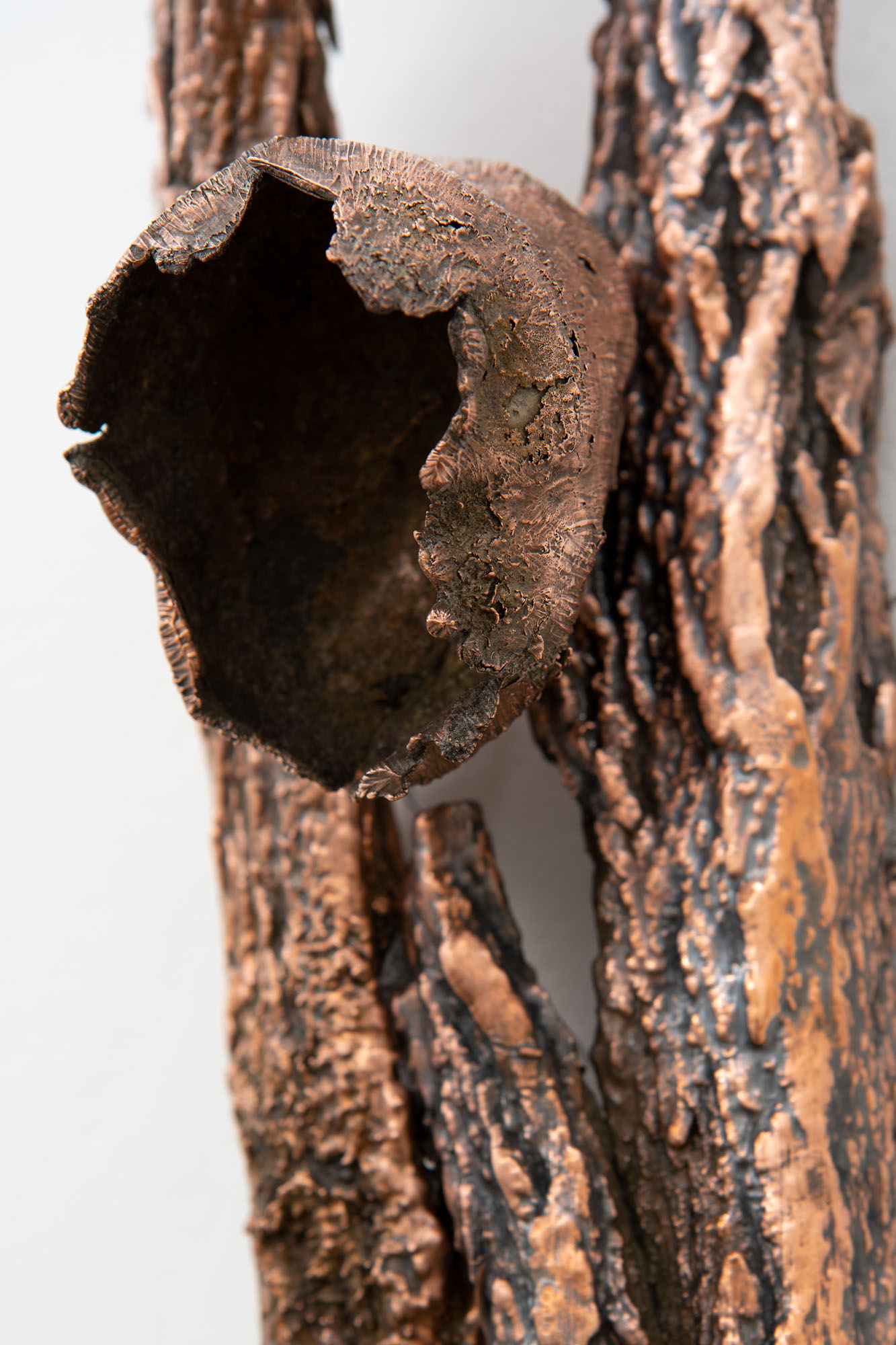
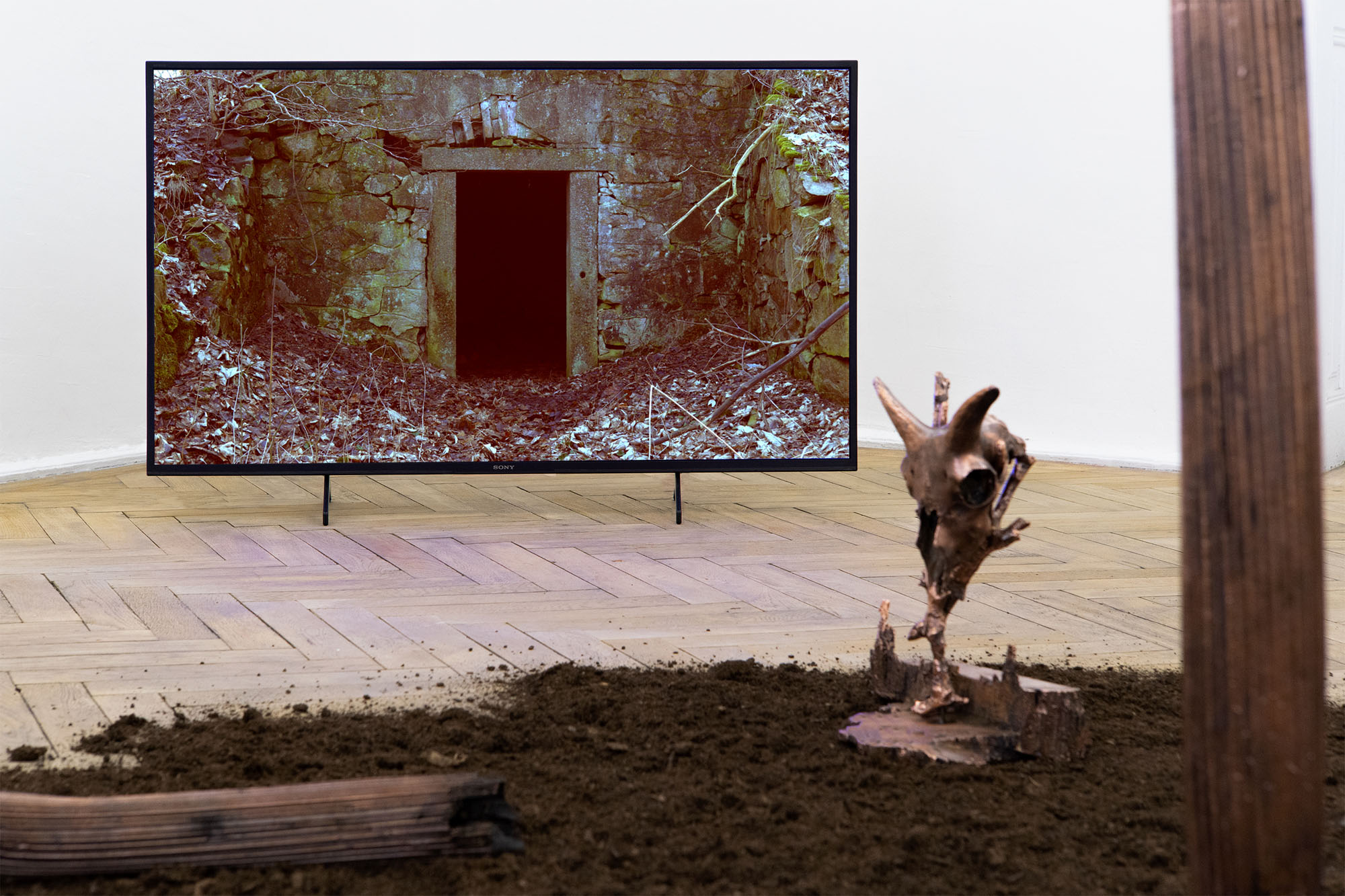
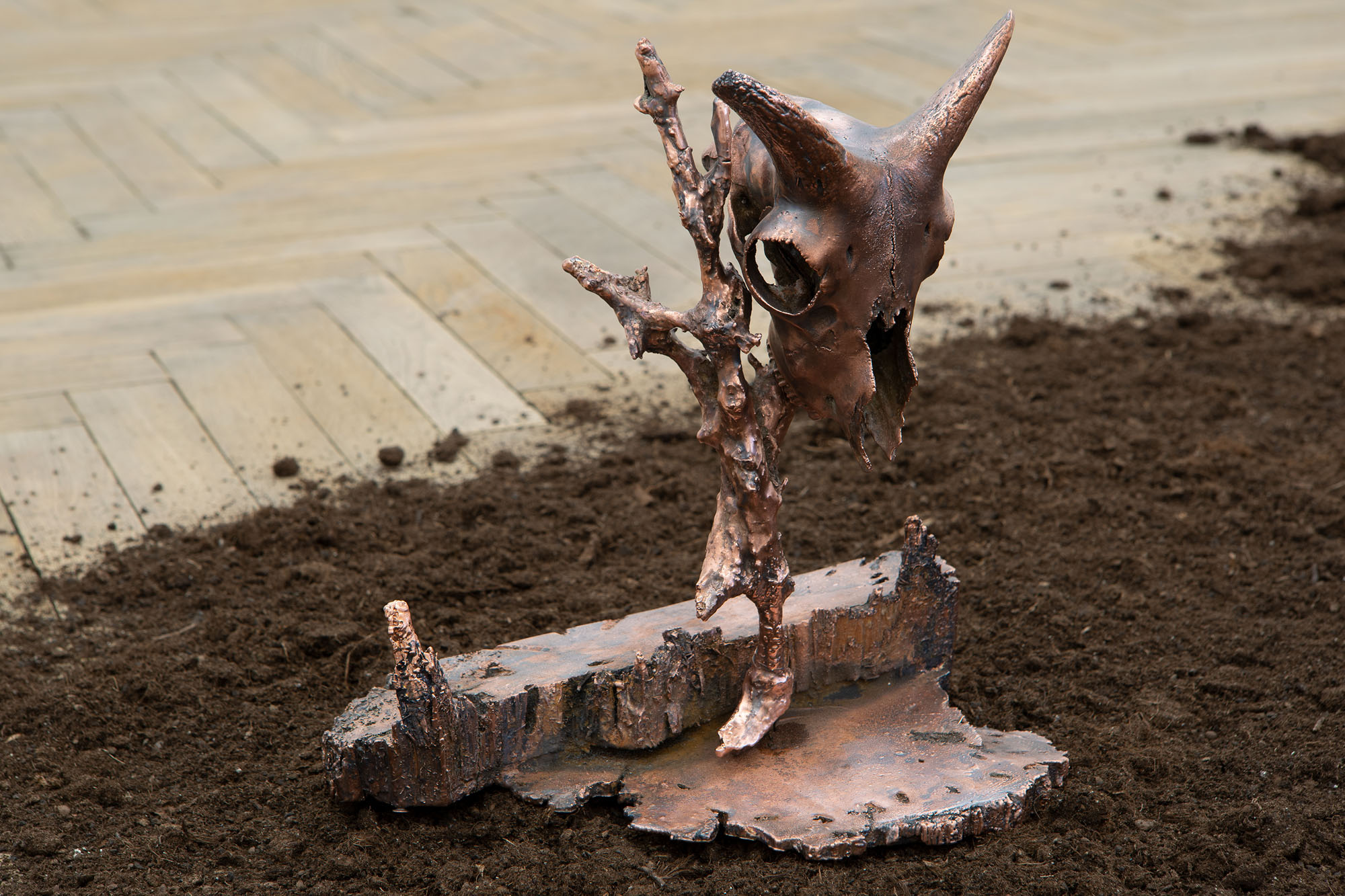
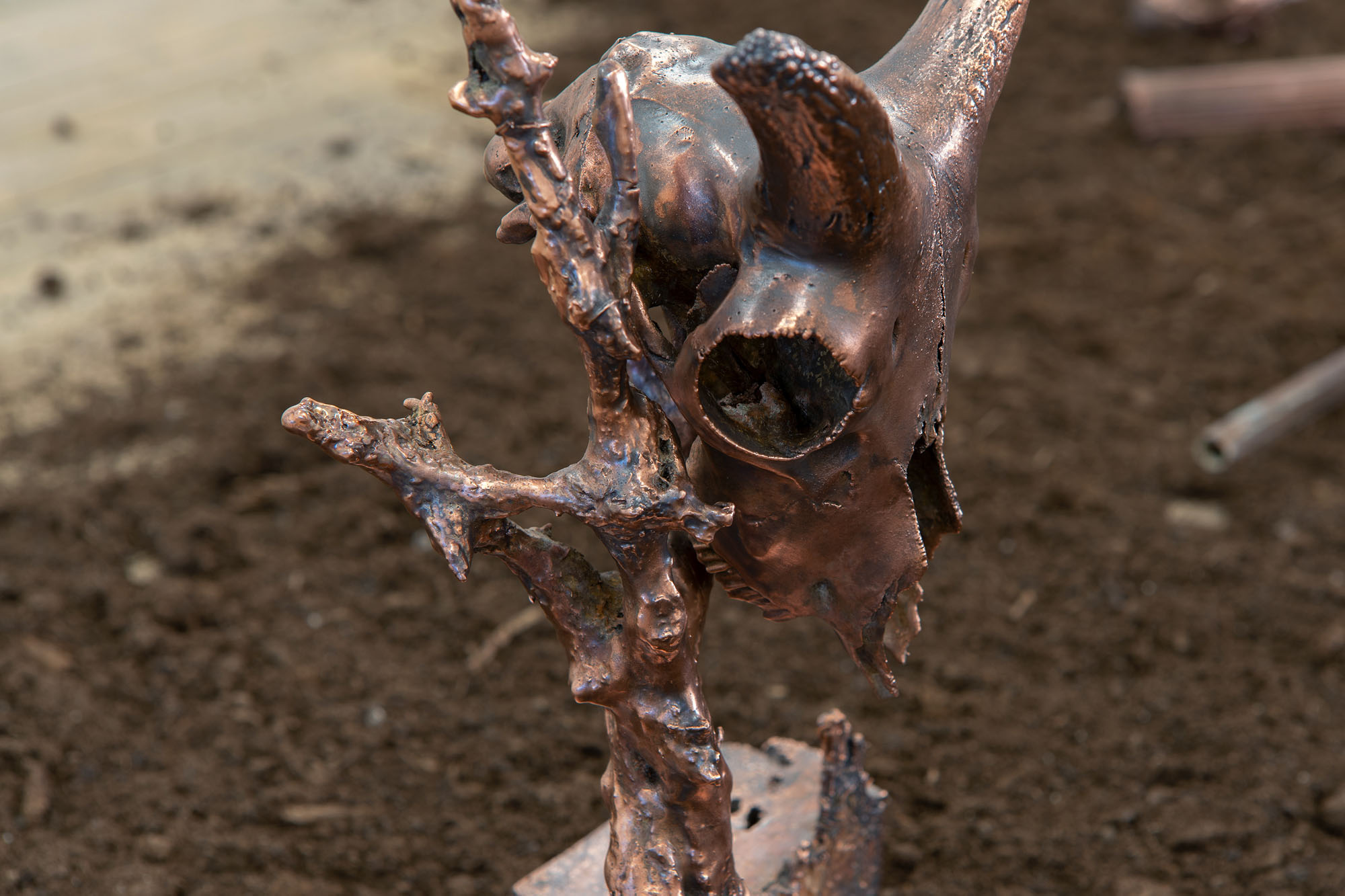
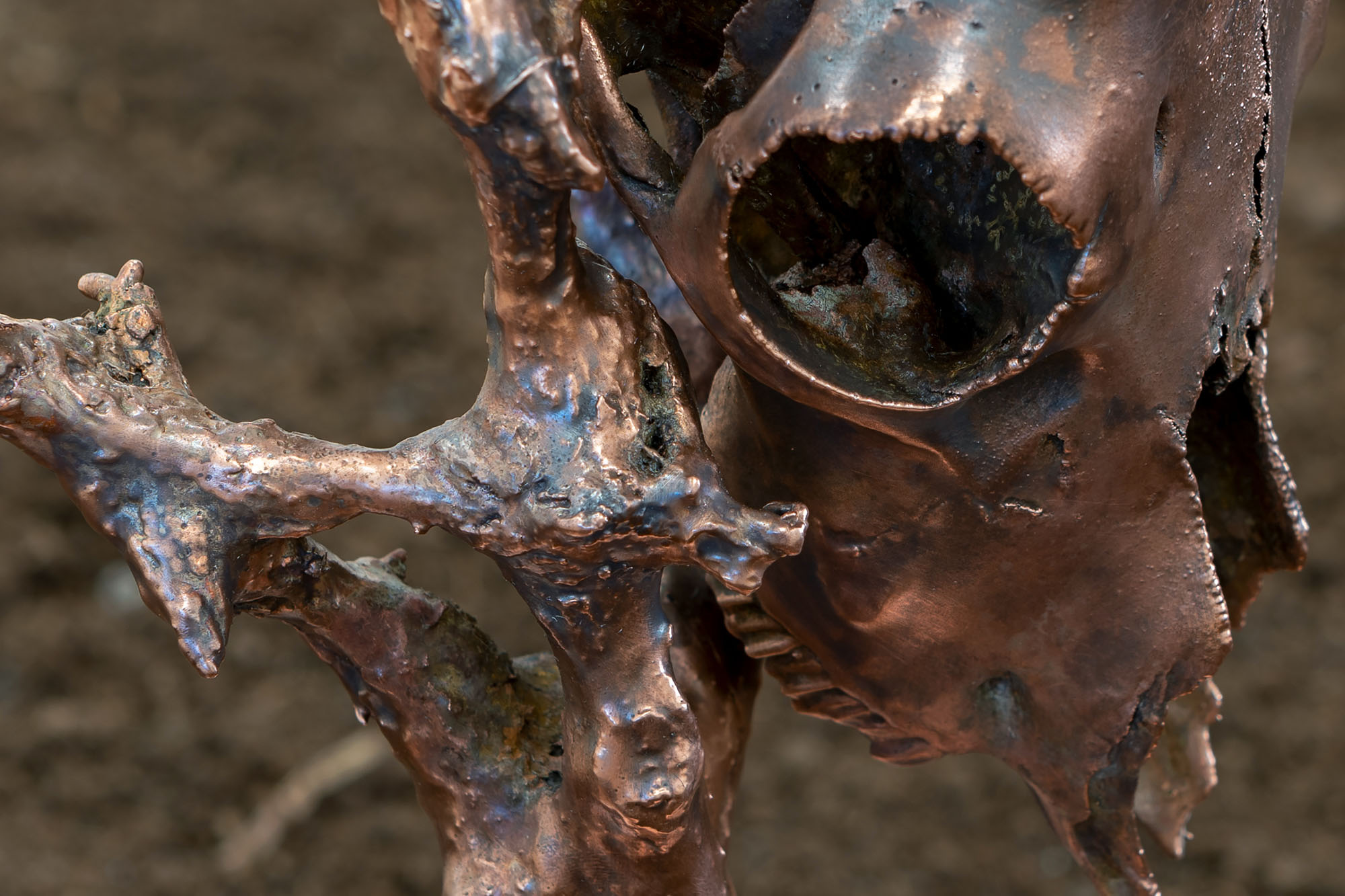
OFLUXO is proudly powered by WordPress